

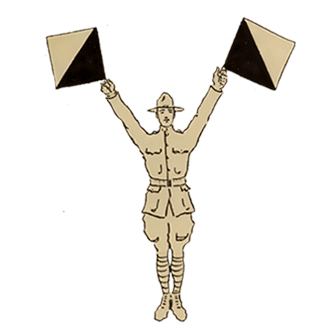
Tell us about touchstones and benchmarks?
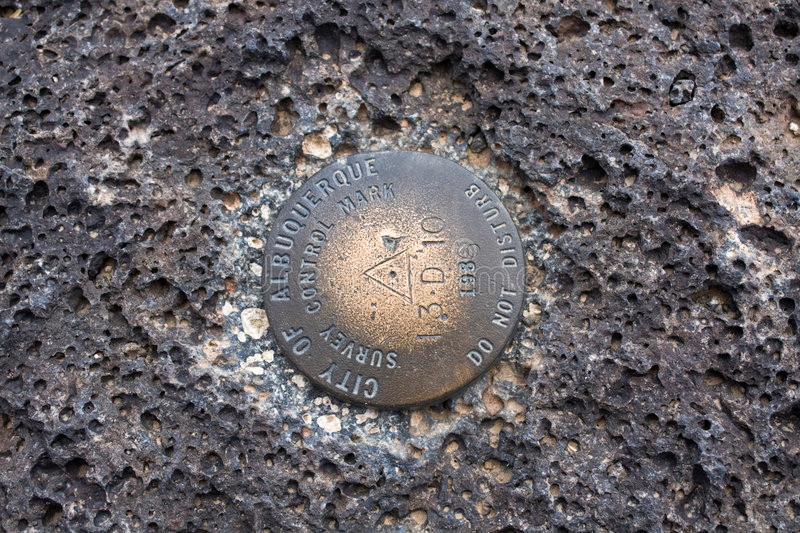
The shepherds and allies of our journey became benchmarks and touchstones, spirits ever loud in our deepest silence.
With some we shared a lifetime, others an instant. They quickened our vivid moments, forging the anchor bolts and magic beads of our landscape. We have responsibilities.
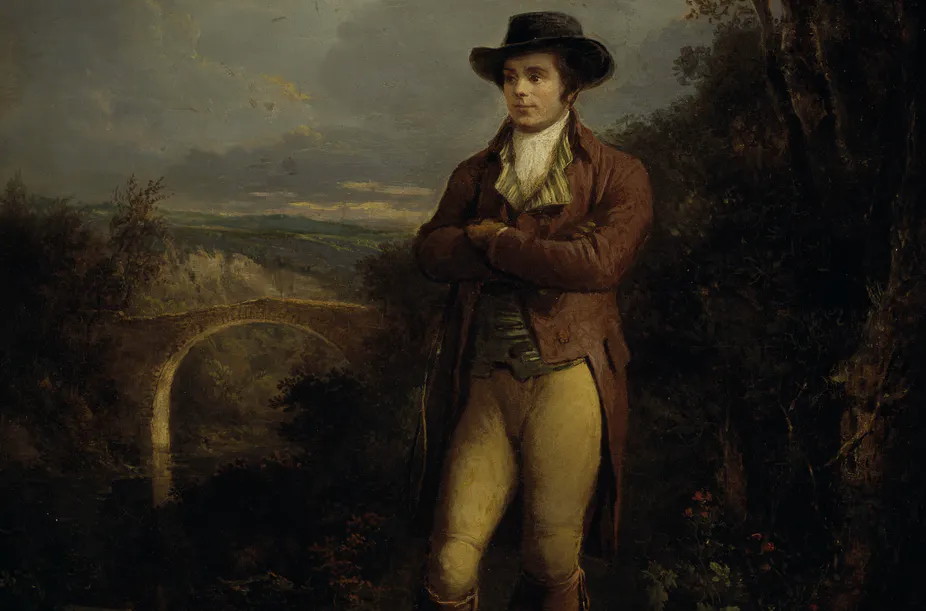
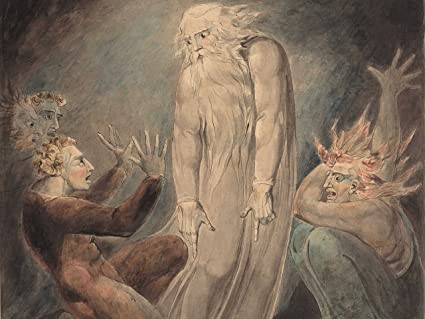
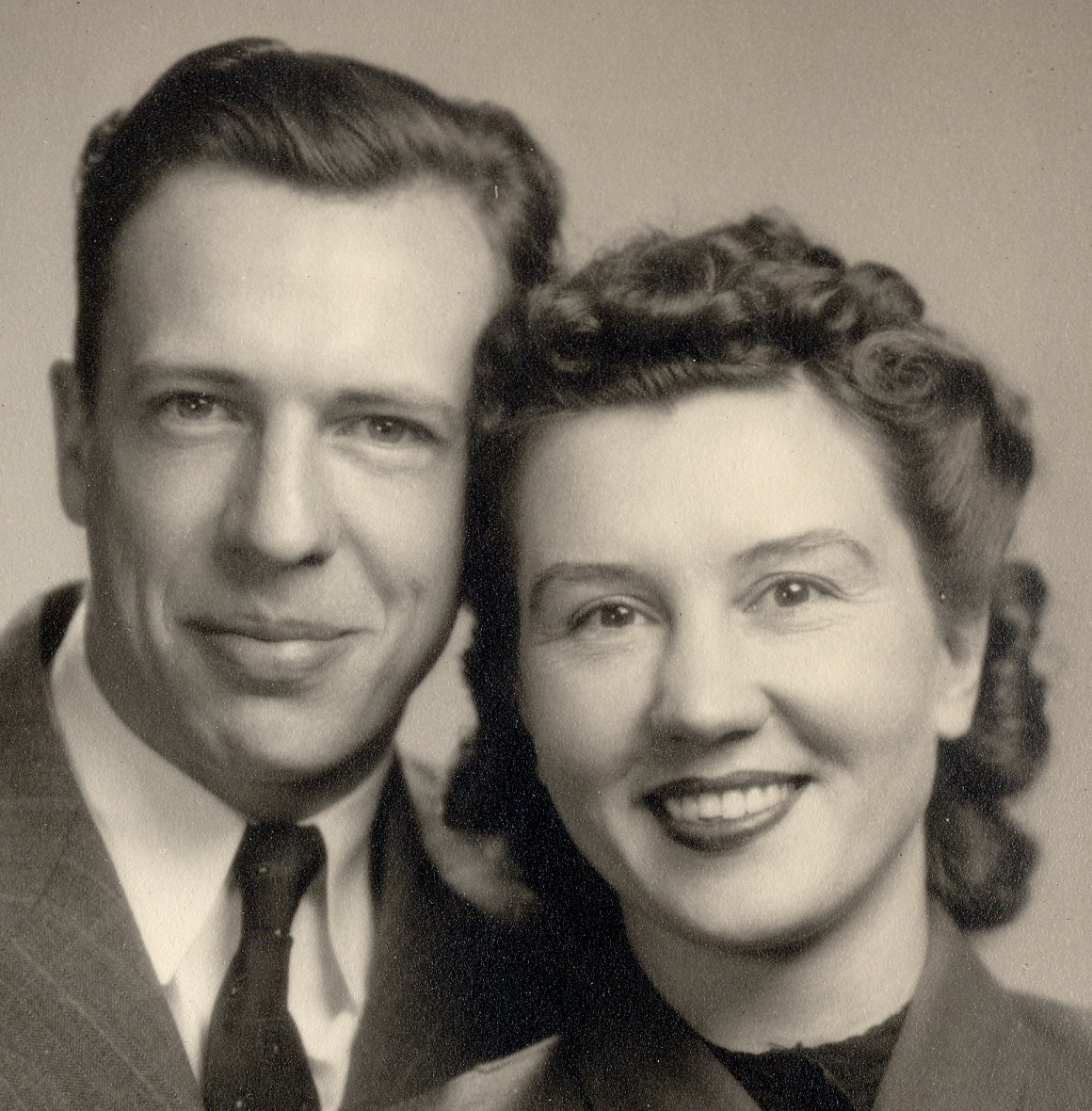
Joseph Ellis (Joe) Trachta: 19 April 1915--6 Nov 2005
Ruby Wanda Stasey Trachta: 3 April 1916--27 June 2005
Mom and Dad
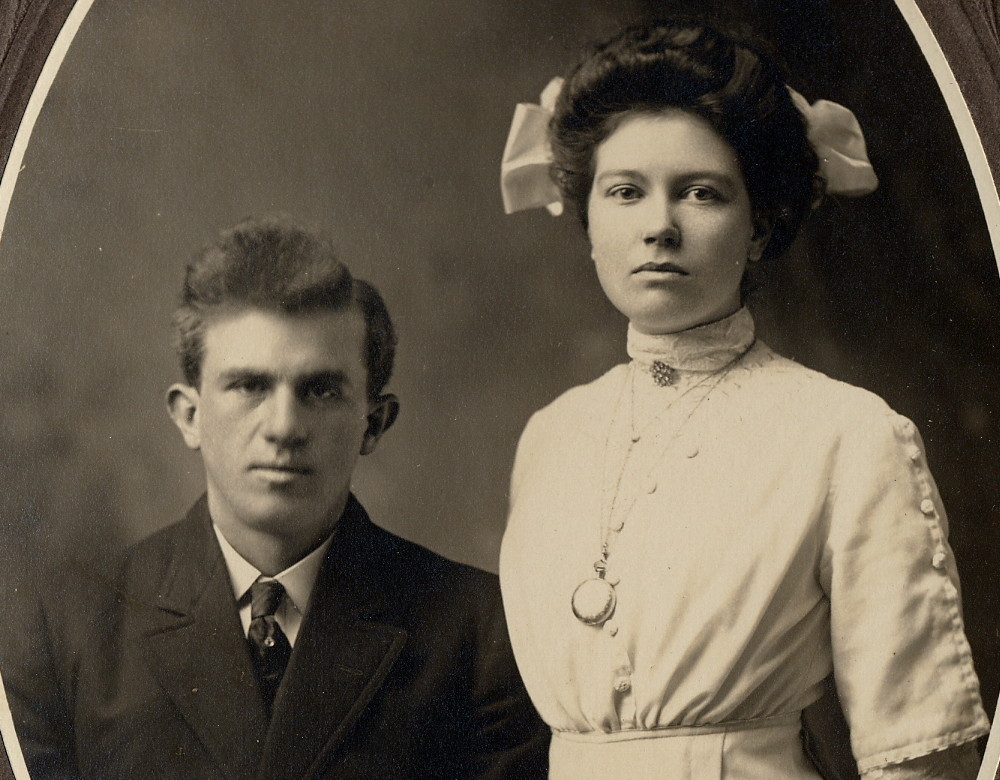
Thomas Anderson (Tommy) Stasey: 13 September 1890--1 September 1959
Mamie Ora Fugate Stasey: 8 February 1891--4 June 1958
Grandpa and Grandma Stasey
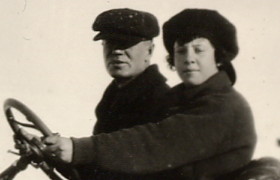
Joseph Ellis (Joe) Trachta: 14 December 1877--1 October 1953
Glenn Florence Jones Trachta: 23 July 1886--12 March 1962
Grandpa and Grandma Trachta
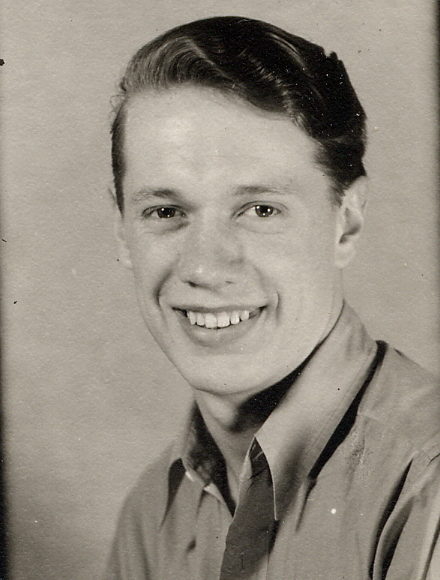
Eldred Trachta: 27 September 1917--24 March 1945
Uncle Eldy
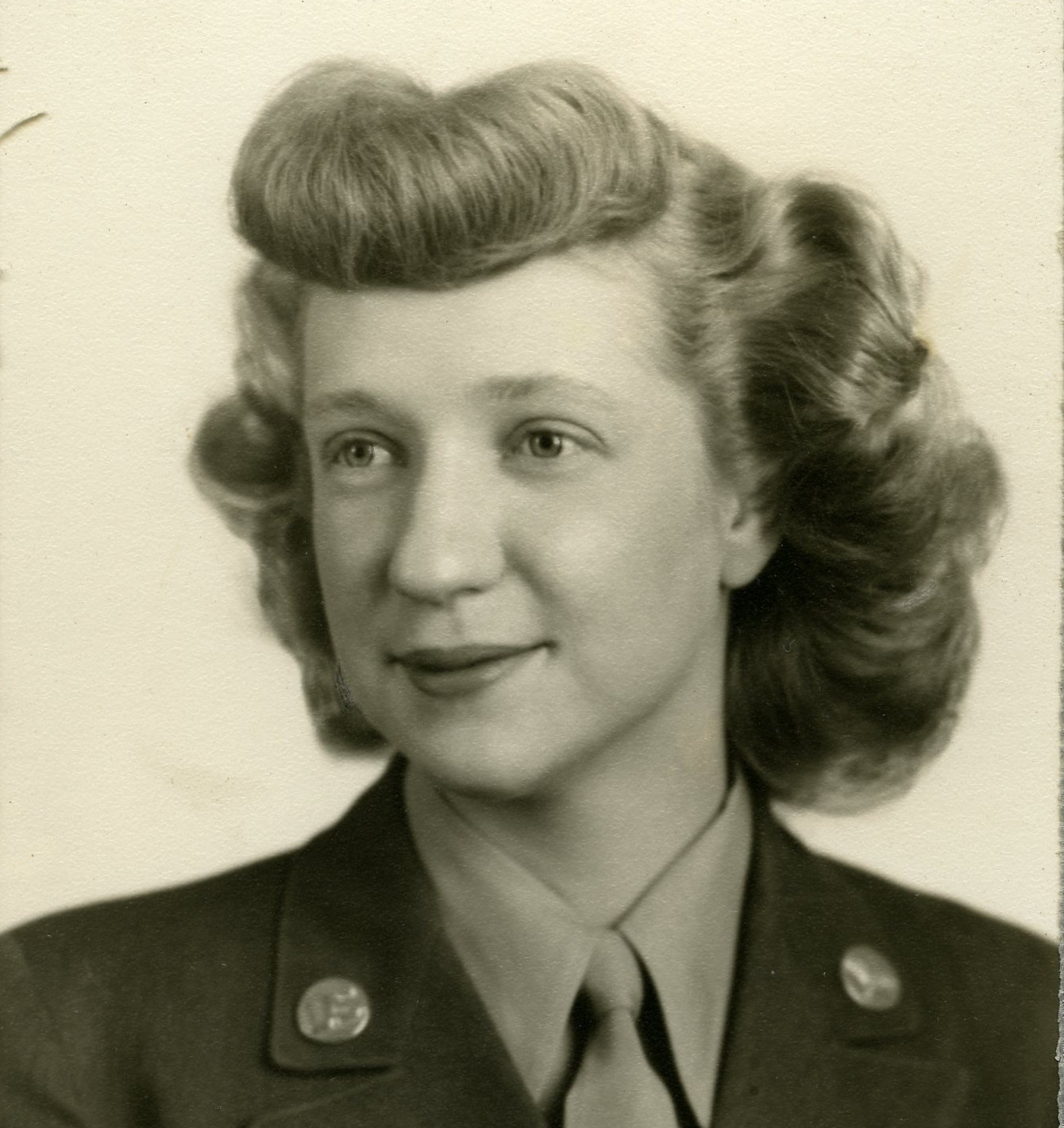
Anne Trachta House: 4 June 1923--7 June 2005
Aunt Anne
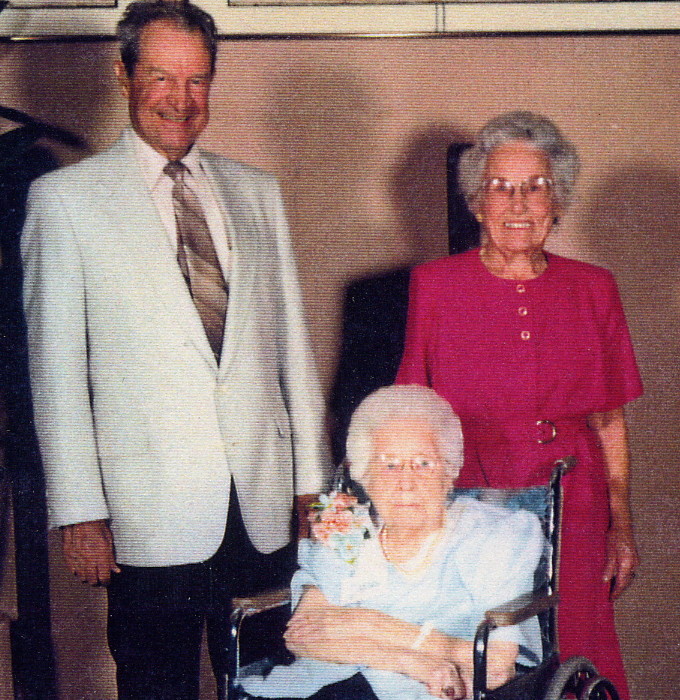
Stanley Willard Trachta: 16 August 1911--26 March 1997
Margaret Ann Barner Trachta: 14 April 1911--27 May 2015
Helen Liela Jones Cutter: 25 May 1891--24 May 1992
Uncle Stanley, Aunt Margaret and Aunt Liela
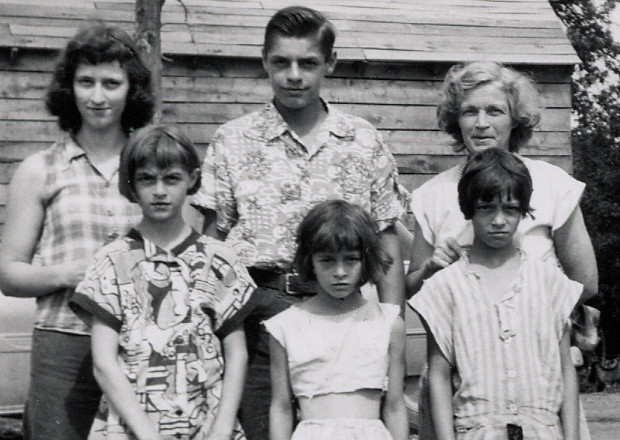
James E. (Jim) Wray: 6 August 1911--25 July 1974 (not pictured)
Anna Lucille "Lu" Logan Wray: 3 March 1912--22 August 1996 (back row, right)
James Bernard (Jimmy) Wray: 18 March 1940--8 July 2017 (pictured in popup page)
The Wray family, neighbors
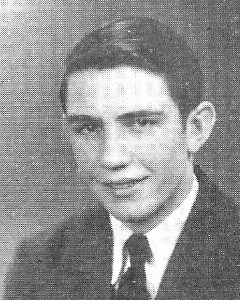
Charles Marion Griggs: 12 June 1929--29 January 1994
Rural school teacher
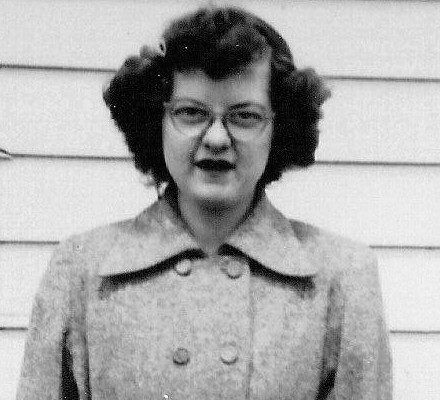
Maude Ratliff: 20 July 1928--19 July 2018
Rural school teacher
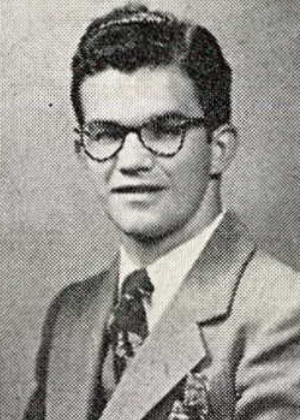
Joseph Leon Mitch: 16 January 1933--25 July 1976
Rural school teacher
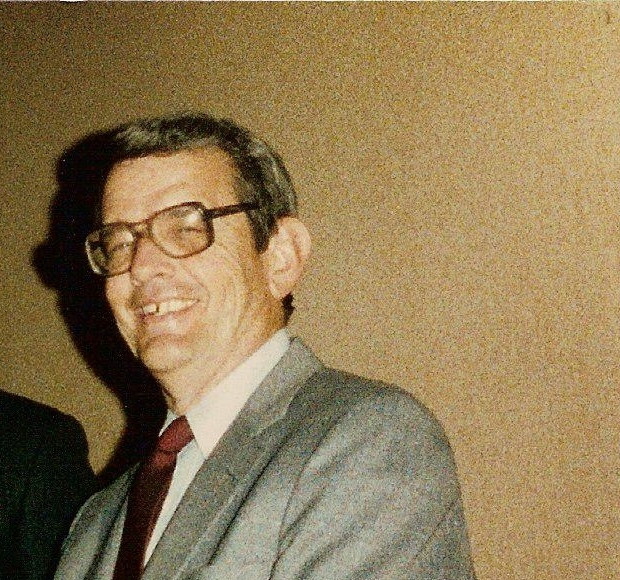
Jamie Blake (Jim) Rucker: 1 May 1931--18 April 2014
Mary Ann Adams Rucker: 2 December 1930--28 September 1979
Neighbors, friends.
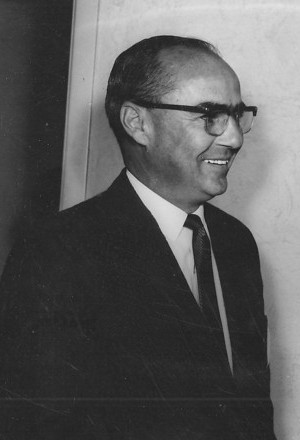
Donald Scott (Don) Stuart: 22 January 1927--6 July 2018
Bobbie Jean Stuart: ?--27 December 2016
Neighbors, educators, friends.
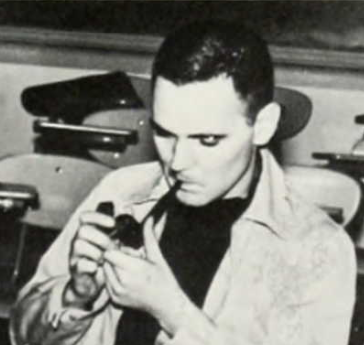
David W. R. Denzler: 23 October 1942--6 May 2019
College roommate, mentor, friend.
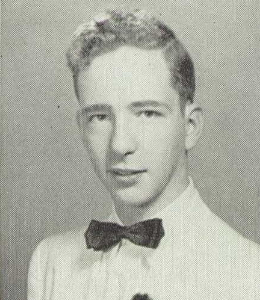
John G. Kuhn: ?--?
College professor, mentor, friend.
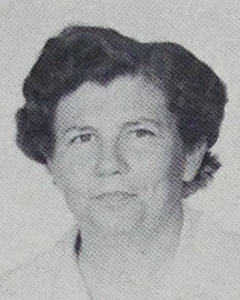
Lil White: 1932?--?
First supervisor, mentor, friend.
"You can't write something so clearly it will be understood by those who don't read it."
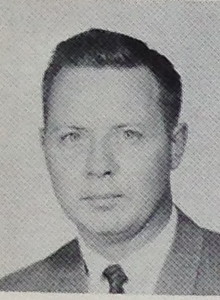
Harry Cutler: 13 June 1931--23 Jan 1988
First supervisor's boss, mentor, friend.
"Someday, these will be the good old days."
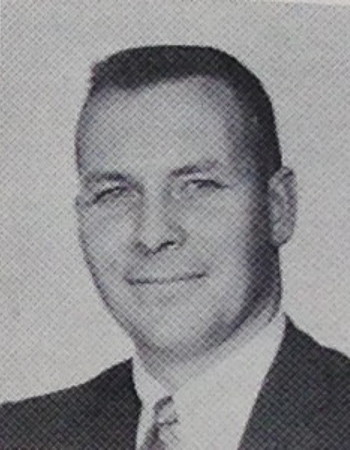 <
<Albert Pete Emens: ?--?
First department manager, mentor, friend.
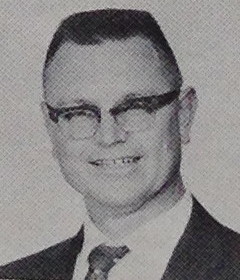
Willis Gene Holland: 18 February 1924--25 February 1999
Early department manager, mentor, friend.
"Make haste by going slowly."
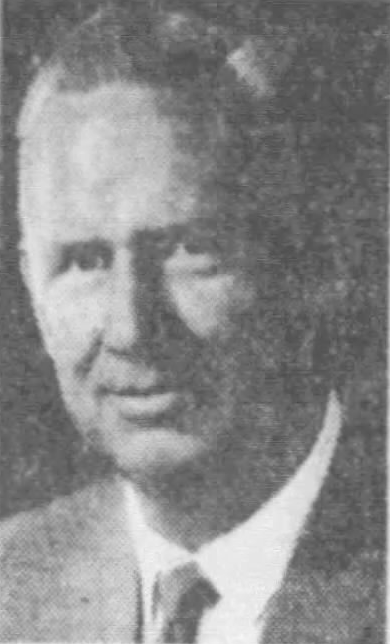
Ramon L. (Chris) Christensen: 1926--17 February 1983
First regional manager, mentor.
"Never mind who's guilty. Just fix the process."
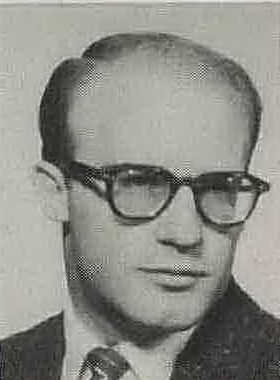
David Lee Lancaster: 17 June 1937--26 December 2009
Early colleague, mentor, friend.
"Gross mismangement."
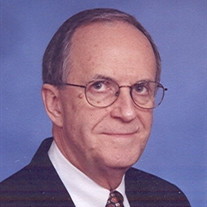
Larry Campbell: 1940--22 January 2010
Early and persistent colleague, mentor, friend.
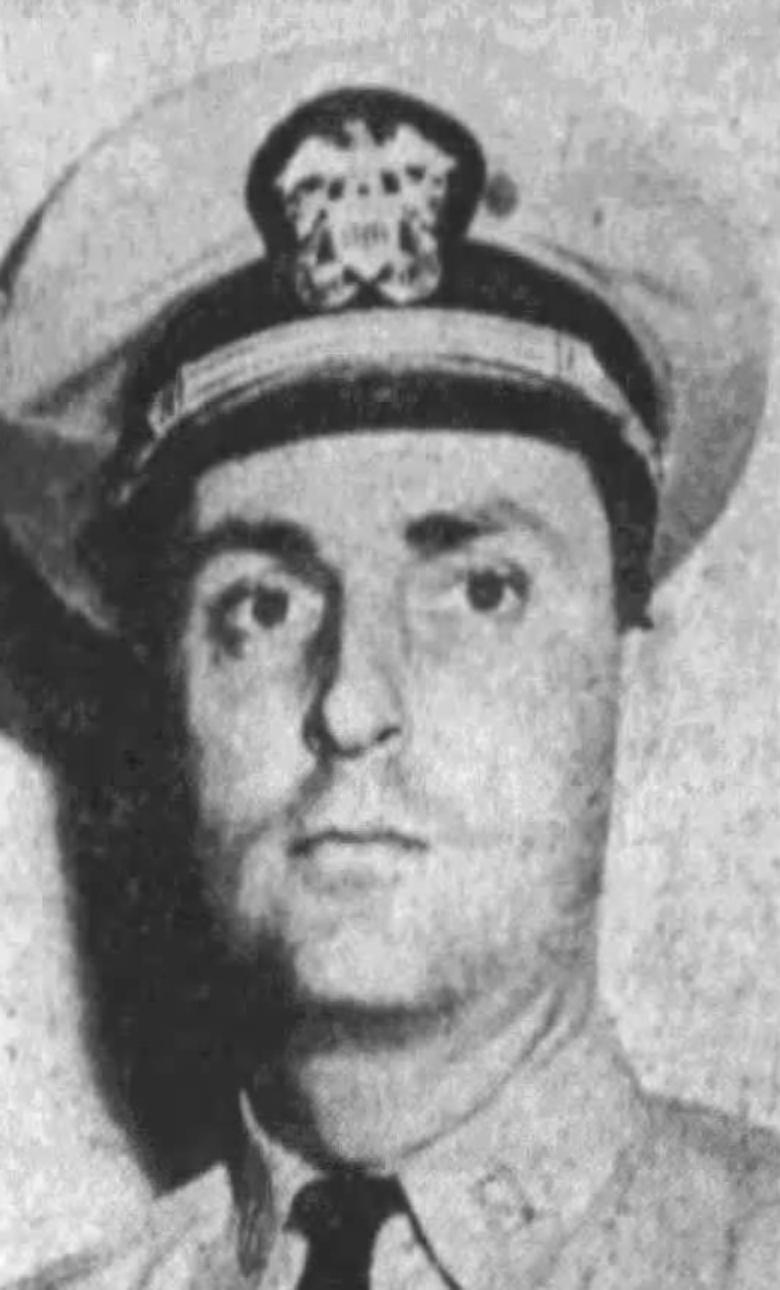
Leonard William (Bill) Maley: 20 September 1923--25 April 2004
Transformational boss, mentor, friend.
"It's a self-correcting mechanism."
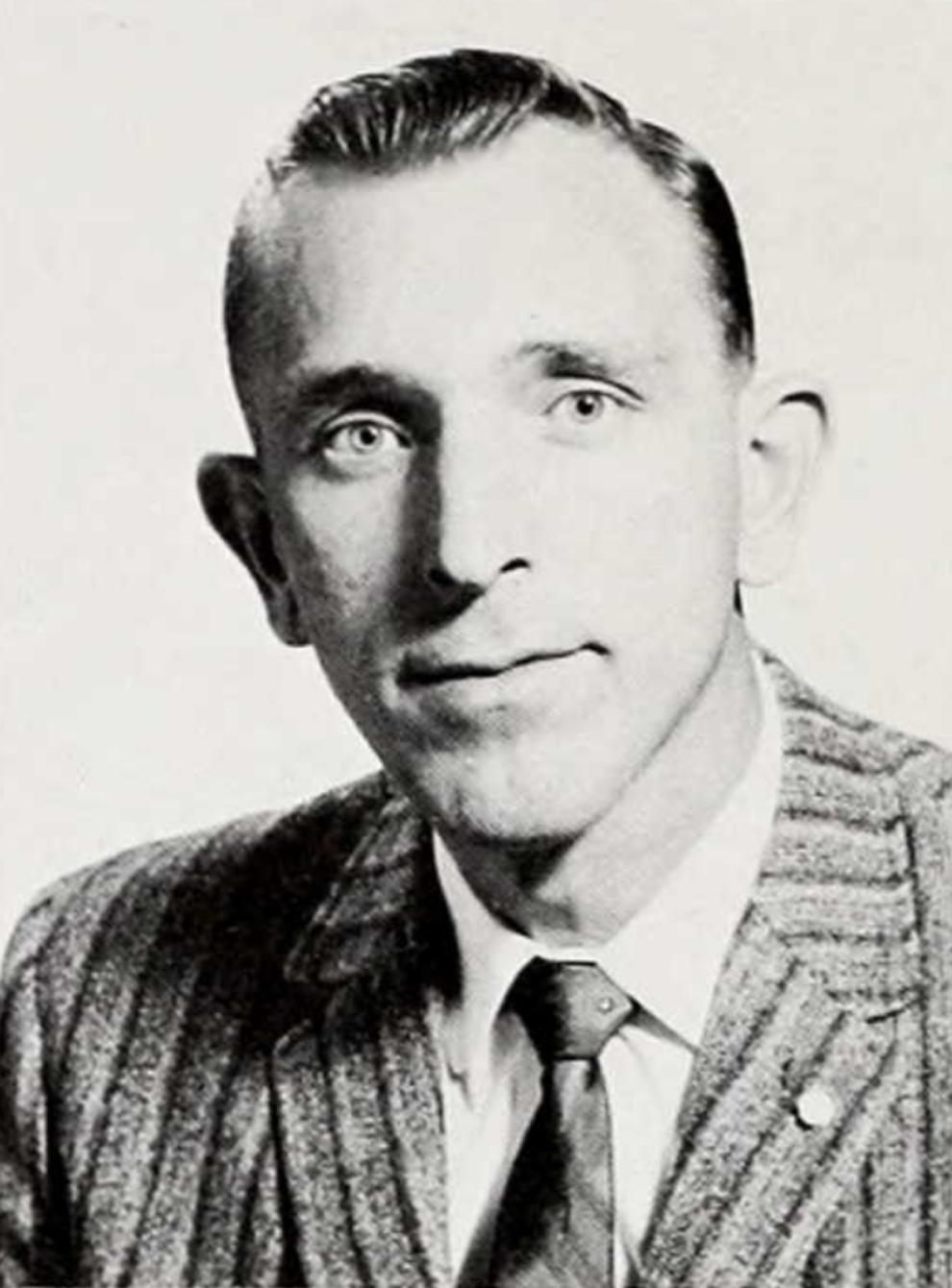
Elijah Vaughn (Trip) Triplett: 22 September 1930--11 November 1997
Transformational boss, mentor, friend.
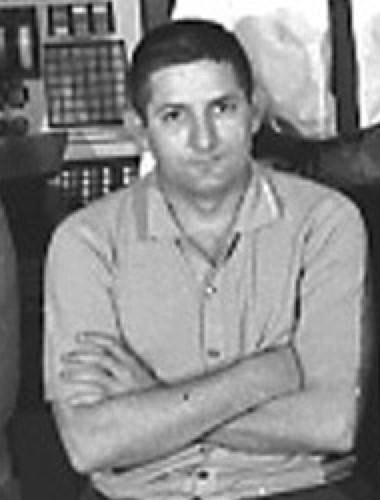
Harry Smith: 3 November 1931--18 October 1988
Inspirational colleague, story teller, friend.
"Faster than summer lightning."
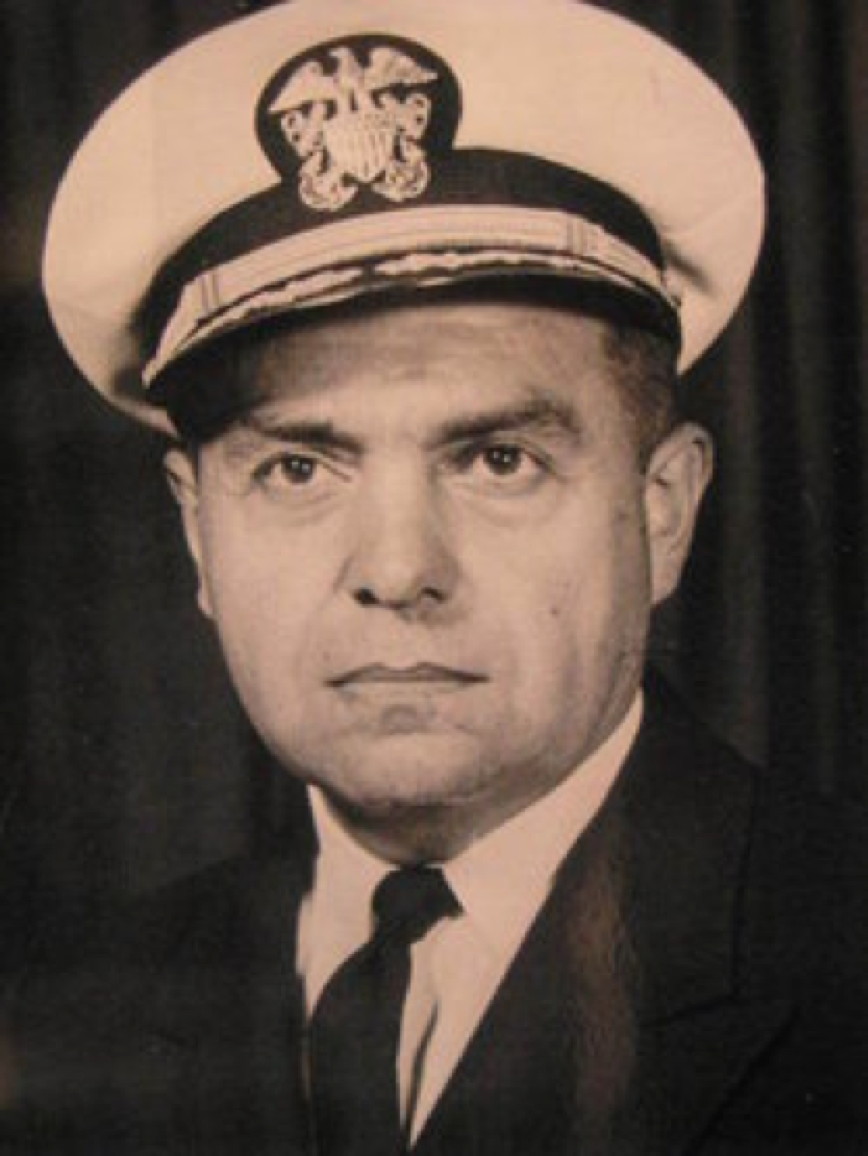
Russell Armin (Russ) Vollertsen: 11 January 1924--10 February 2016
Boss, mentor, friend.
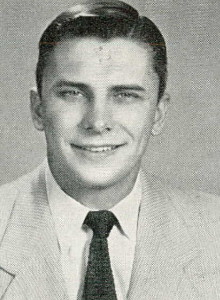
Danile P. Guzowski: 1933--29 April 2009
Boss, mentor, friend.
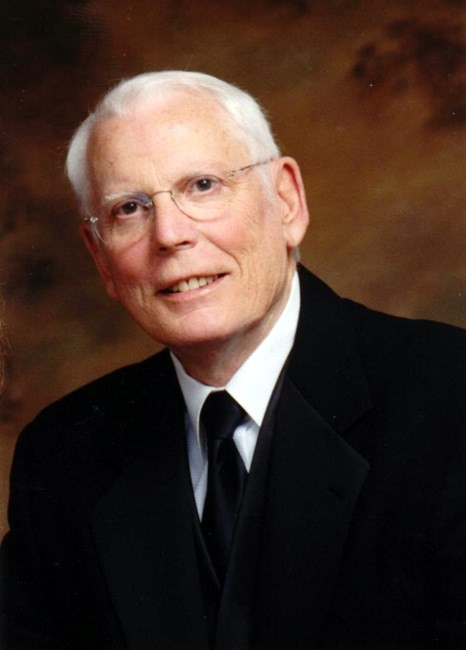
John B. (Jack) Munson: 1 May 1933--27 November 2012
Boss, mentor, friend.
"Engineers think software is another coat of paint on the hardware."
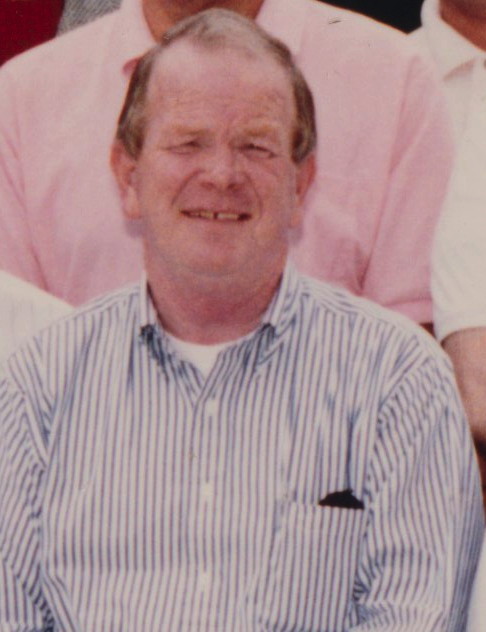
Edward R. Sandusky: 20 October 1936--19 May 1996
Colleague, friend.
"Sometimes God throws one in for free."

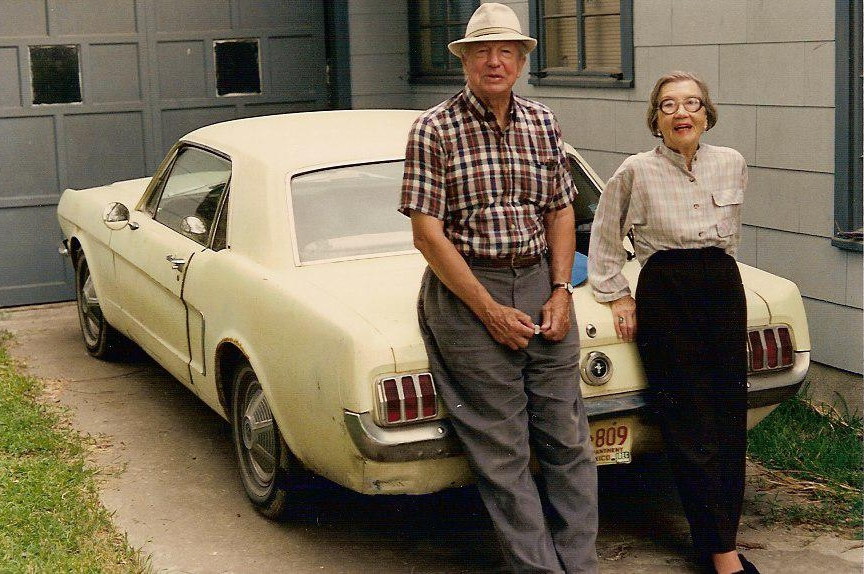
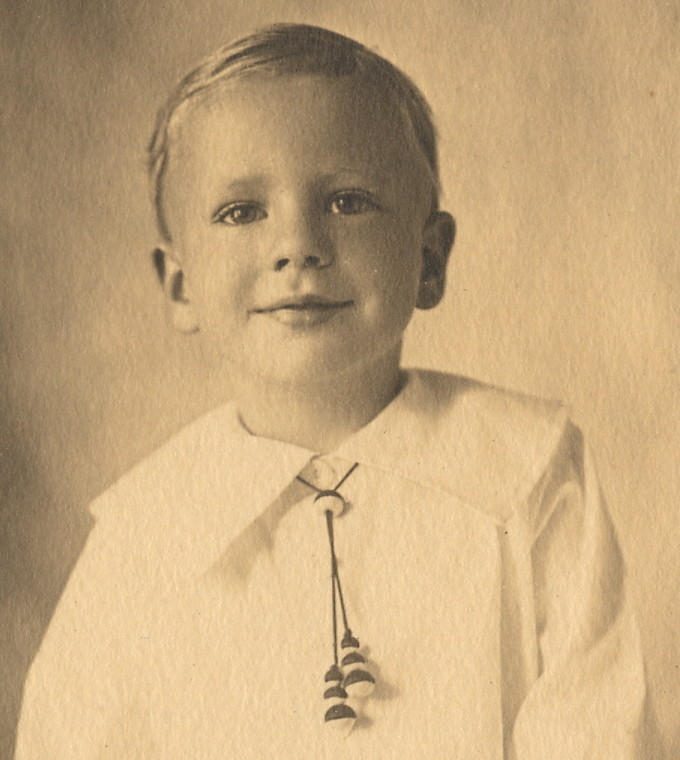
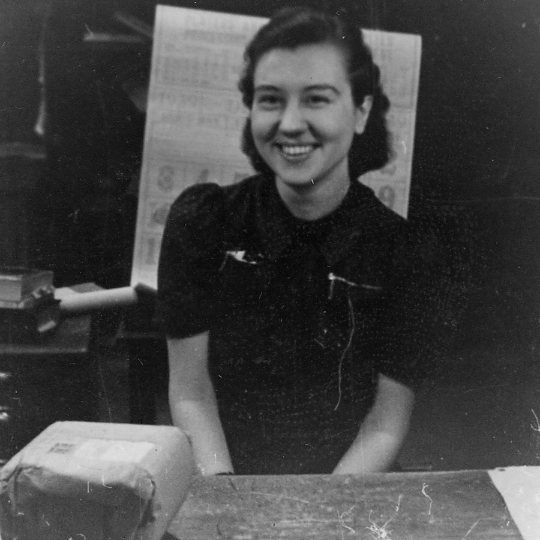
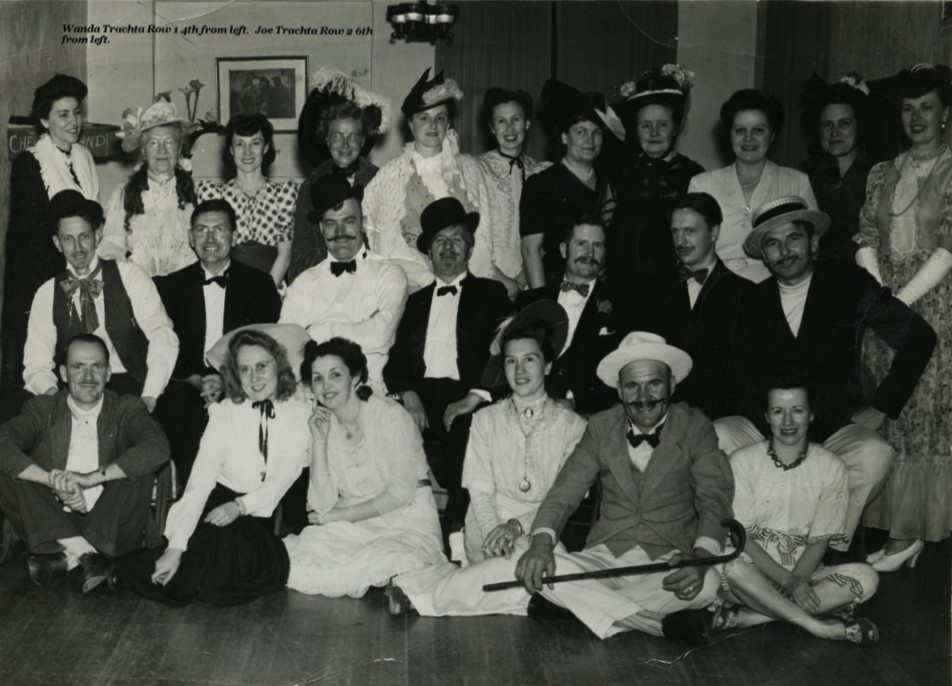
I met dad and mom when they were 27 and 26. This is how they looked then, and always. They were in the first years of a long adventure that began with World War II, and ended in the next millennium. They had lives before we met them, and even before they met each other, and their life with us was a continuation of their separate paths. But to us, their children, their lives were the normal order of the universe. I was far into adulthood before I realized how rare was their gift to us. There was never a day when I doubted their love and dedication.
Dad's ability to guess the shape of the universe from a minimum of data was his most important trait. It was reflected in his rapport with machinery, and apparently inherited. His own father was a oil driller from the days when holes were literally punched into the ground, and my father spoke in awed tones of his ability to, "grab the cable as it dropped the bit, and know how deep the hole was, the composition of the soil, and whether the hole was straight or slanted."
My own father was a machine healer, laying on hands. He knew how things worked, whether mechanical, electronic or theoretical. He could also, in later life, look out his front window in rural New Mexico, watch the traffic go by, and know what was going on in the neighborhood. "They've struck oil on the ___ place, but the well caved in when they got the mud wrong, so now they're trying to shore it up with casing." Or. "They've dropped the water table too low, and they can't irrigate anymore. They're selling out and moving to town." Every observation went into a working theory and all the pieces fit together. He wasn't always right, but he always converged toward the truth.
He suffered all his life from emotions beyond expression. He seems never to have had the necessary signals from his parents to be sure how they felt about him. "I thought there was something wrong with me," he confided, a few weeks before he died. His little brother, Eldy, was two years younger than him, and they were exceptionally close. Sometimes he talked about their years of living together when he was attending college, how they fixed up an old car together. During the war my dad was ineligible for the draft because of a football kneee. His older brother was at Pearl Harbor and made a career in the Marines. His little sister was a WAC. His little brother was a pilot, shot down over Germany in the war's closing weeks. Dad seldom spoke of any of this, but nurtured self-doubts and grief the rest of his life. Eldy was ever near the top of his thoughts. In his last year I was helping him with some paper work and needed the password to his computer. "Eldy," he told me.
Mother was reared by parents from rural Missouri. Their nineteenth century ancestors were products of the southern rural culture, and my mother was very close to them all their lives. Nevertheless, she somehow dodged their prejudices. The first, and most frequently voiced lesson Mother taught her children was the simple truth, "People are people, and you can never tell what someone is by looking at them or where they're from. In all groups there are good people and bad people, smart people and not-so-smart people, talented and untalented, hardworking and lazy. You have to get to know the person, not where they come from." How she acquired that knowledge is mysterious, because it didn't come from her parents. It was indicative of her inner self assurance. She was her own person, always, and she had the ability to make people accept her for who she was, not for who she was with. That legacy was her most important contribution to her children's happiness. "Don't worry about what someone thinks of you if you're doing the right thing. Those that matter will think well of you and the others don't matter." Heady stuff for a two year old to hear.
Dad was born in Meeker, Colorado, and spent his childhood following his father around the oil fields of Colorado, Montana and Wyoming. He graduated from the University of Montana and got a job with Standard Oil in Rawlins, Wyoming. That's where he met our mother when she was working in the post office. At her memorial service Dad remembered, "I was impressed at how kind she was. The migrant workers bought money orders to send back to their families, and she counseled them on how much they could afford to send and how much they needed to live on. I liked that and decided to see if I could get her. And I did. I got her."
We were always told mother was born in Cherry Box, Missouri, which sounded like a real place to youngsters. In fact she was born in a farmhouse near Cherry Box, which was little more than a post office. Her parents had trouble making a go of farming, and pulled up stakes in the mid 1920s for Nebraska. They moved around following work, and she graduated High School in Wyoming. She inherited the forceful personality of her Stasey ancestors, and their gregarious leadership nature. All her life, wherever she lived, in whatever circumstances, people knew her and valued her friendship. In her last years she would wheel through the halls of her assisted living home, stroke impaired and unable to walk or speak, to be greeted by everyone she saw, waving her one good arm, smiling and doing her best to offer a greeting. Indomitable. Unquenchable. When she passed away my first thought was, "She must have been ready to go, because if she wasn't, she wouldn't have." Everyone in the home, her latest batch of friends, attended her memorial.
Shortly after they were married, our parents moved to Richmond, California, when Dad got a transfer to the Richmond Standard Oil refinery. They were there during the war, Dad being deemed more valuable making gasoline than soldiering. After the war they followed the Stasey grandparents to rural Missouri. The motivation for leaving a well-paid job in his chosen profession, chemistry, for the uncertainties of farming, is ever a mystery. The standard answer to that question when it came from outsiders was Dad's health. He suffered respiratory problems all his life, from allergies and the after-effects of the 1918 flu. Maybe. But it may also have been Dad's lifelong aspiration of becoming a writer. Or, his desire to escape…from his brother's death, from questions about his war experience, from the mid-thirties blues, or from the daily routine of living. Anyway, he wasn't a farmer, and when his dad passed away, he threw in the plow and went back to professional life with Standard Oil. Those years on the farm are my go-to childhood memories, amazing formative years. I'm forever indebted to my parents for that experience.
From Missouri the family went to Rangely, Colorado, where Dad's parents had retired and where his mother needed help, to Carlsbad, New Mexico, where he worked in the potash industry, to Hobbs, New Mexico, more potash refining, and then into a series of jobs in his later career that took him finally to Odessa, Texas. While in Carlsbad, during the 50s and 60s, they were active in church, Little Theater, Toastmaster/Toastmisstress, and other civic activities. After retirement they moved to a small acreage near Loving, New Mexico where they lived on a rocky outcropping of the former beachfront of the ancient Permian Sea, now desert from horizon to horizon. It had the advantage of low vegetation which suited what his sister Anne referred to as his, "snout." That is, his allergies.
In retirement, they again lived a rural life, but with the advantages of nearby civilization. Dad continued proving he was a better tractor mechanic than farmer, and pursued a leisurely retirement until it became physically impossible for them to continue. They sold up, moved to Austin, Texas, and lived in assisted living homes until they passed away in 2005, within five months of each other. Even there Dad had his collection of scrap metal and spare parts at hand, a tool box, and some heavily customized potty chairs and power scooters. A few days before he died he was modifying his scooter to improve its performance and get his oxygen bottle attached. I haven't visited their graves in Carlsbad in a few years, but I wouldn't be surprised to find some scrap metal stacked nearby, and perhaps an incoming power line. I'm sure he knows exactly what's going on around him, and I'm sure our mother has made friends with everyone.
My maternal grandparents, the Staseys, brought with them a family history going back three generations before my mother, all the way to the Gold Rush and Civil War. They had trunks full of pictures and mementos, and they had scraps of stories that put the minds of their grandchildren in touch with exciting images anchored to the history we eventually learned. Their lives exemplified early rural America. Only gradually did we realize their families had been on the wrong side of history, and their journey back was finally completed by their daughter, our mother. Much of this story is told in the book "Stasey" linked from the picture.

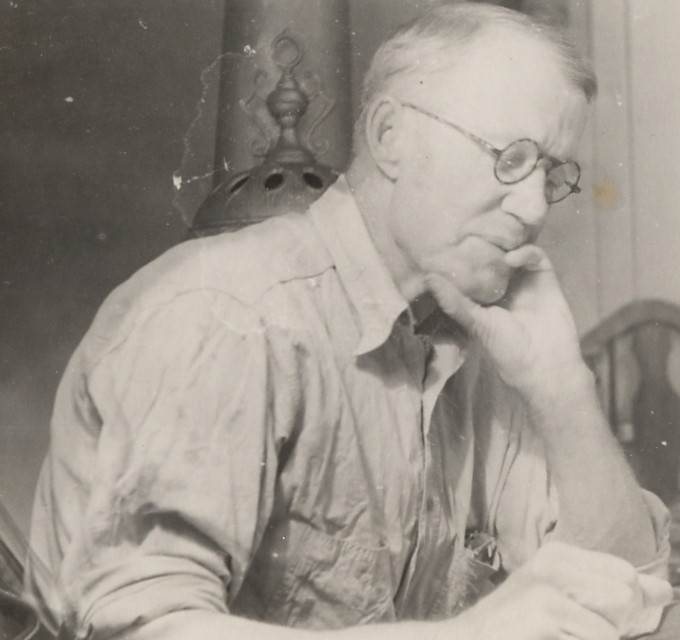
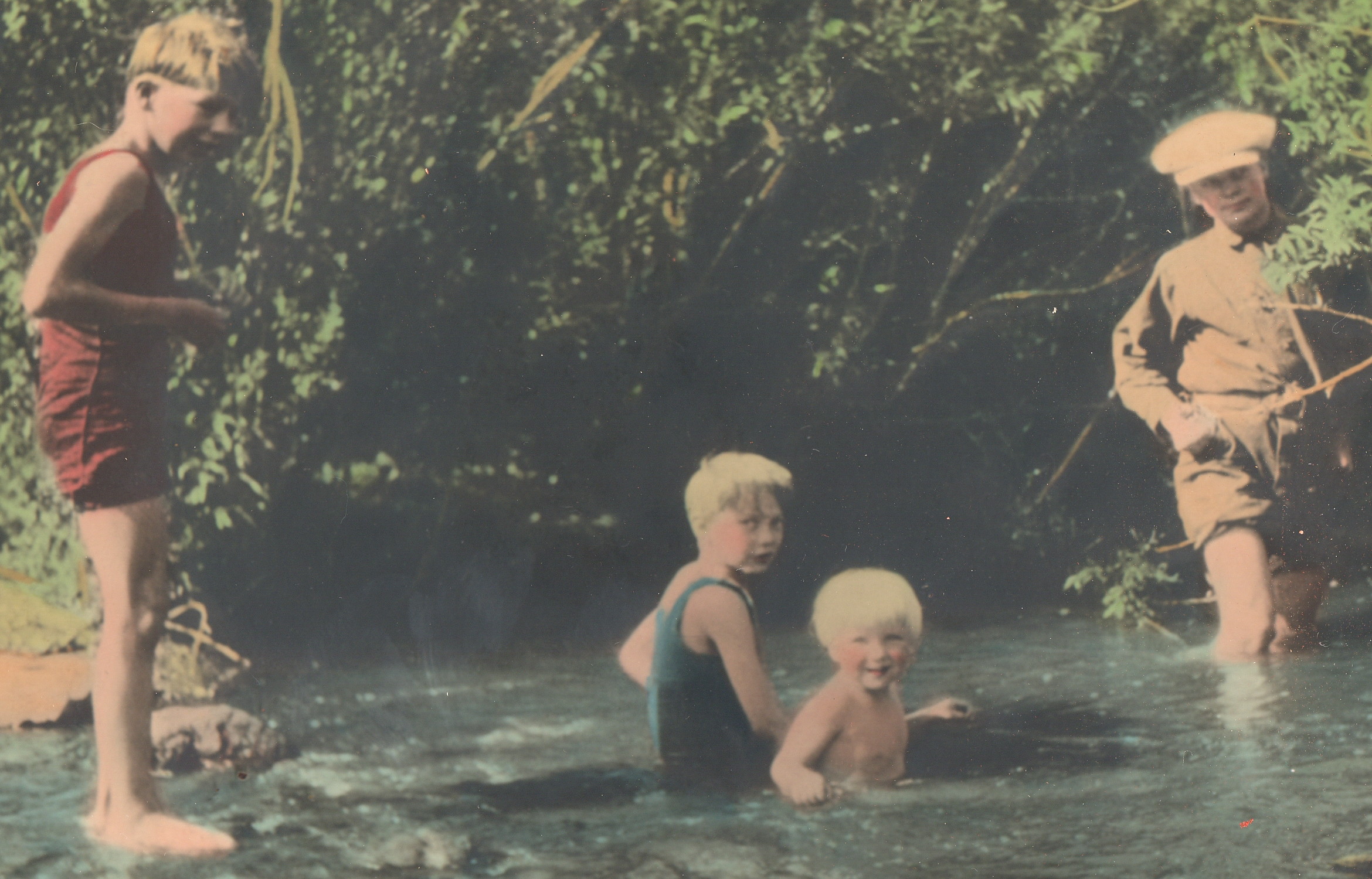
Our paternal grandparents lived an only-in-America kind of story. Grandpa Joe Trachta Sr., lost his father to pneumonia shortly after emigrating to Nebraska from Bohemia. He and his siblings were raised by a fiercely determined mother who somehow launched four sons and two daughters into successful lives from the wilderness of the American frontier. Glenn Florence Jones lost her mother to causes never revealed, was abandoned by her father, and yet somehow kept her younger siblings together with the help of her Aunts and maternal Grandmother. Much of their story is lost to deliberate obfuscation, and lack of attention. What remains is remarkable. Parts of these stories are told elsewere on this site. Links are under the pictures.
Our uncle Eldred Trachta didn't really cross my path directly. He was close in a spatial sense, and closer still temporally, but he's the uncle I never met, shot out of the sky over Germany by a last Nazi spasm. The explosion that tore the wing off his troop carrier, ripped a limb off our family tree. As I discovered decades later, his missing branch would have connected to some fascinating cousins. The story is elsewhere in the Attic of Gallimaufry, linked by a click on the picture.
"He was the best of us."...Aunt Anne Trachta House.

Anne was my father's little sister. She was a constant inspiration throughout her life, a distant presence that seemed closer than it really was. I believe she visited us in California during the war, because I already knew who she was when my first memory of her was recorded, age four, in Rangely, Colorado. We stopped on our way across the continent to Missouri. I knew then she'd been in the Army, was teaching at the little one-room schoolhouse down the hill, and there was some notion of a secret about her. She remained a mysterious force of good cheer and gravitas all her life.
I later realized she was struggling through the breakup of her first marriage when I met her. She later married the purchasing agent for a large company, and traveled around the country, and the Americas. I came to know she carried a profound unhappiness in her marriage, a condition shared by several of her relatives. She was always close to her mother, and shared her faith in Christian Science. She always treated me as a fellow human being, from the earliest age, but that was also true of all my other aunts. She was close to my father, and a good friend of my mother's, and that sense of family devolved to me. I was actually around her only a dozen or so times, but her influence was seminal. She held a position of authority in my life, shared with my parents and a few others, as one of those whose opinion counted.
As I grew older my admiration for her strengthened. She'd been married to a Frank Willet during the war, the vague secret from our first meeting, and I know this only because I dug out the records. He was an Army recruiting sergeant in her hometown when she joined the Army. I'm surmising a connection. There was a picture of the two of them, uncaptioned, which I was able to identify. How or why the marriage ended is unknown, but Frank Willet went on to have a number of wives and he figures in a book about a rebellious military figure.
It's hard to explain Aunt Anne's influence in my own life, but she was and is an image of courage coupled with a humanity and passion for life that demands emulation. Her religion led to a strain between her and her brothers when their mother, my grandmother, passed away from stomach cancer. Anne sided with her mother in opposing the hospitalization and surgery that futilely attempted to prolong her life. Nevertheless, she carried no grudge and when her brother, Uncle Stanley, passed away, the two of us traveled together to the memorial in Arizona. On the way she practiced the scripture she intended reading, and I was impressed at the authority in her interpretation and verbal emphasis. It was probably the most memorable moment I had with her, and it enlightens the obelisk of her memory.
Stanley was my father's older brother, married to a remarkable woman, Aunt Margaret. Stanley and Margaret had an inspirational influence on my life far greater than the time I actually spent in their presence. I probably saw them less than a dozen times in my life, but every birthday and holiday was remembered during my childhood, and they settled into a constant adult presence, always orbiting nearby, familiar stars in my sky. The picture links to a part of their story elsewhere on this site.

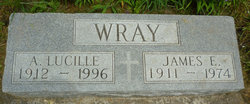
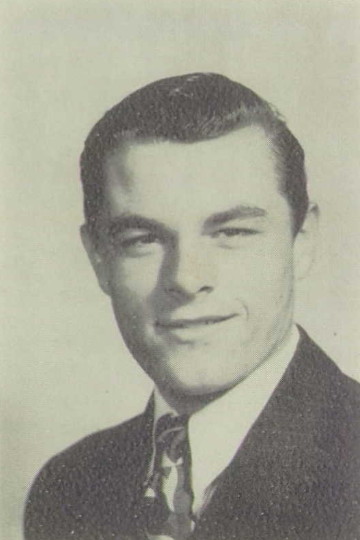
In 1948, after the war, we moved from Richmond California to Macon County, Missouri, and my father left his job as a chemist for Standard Oil and took up farming. Our new friends in our new rural neighborhood were Jim and Lou Wray, and their children. They were a remarkable find, and my mother in particular counted Lu Wray as one of her best friends in life. The picture links to some memories of this friendship that appear on the part of this site devoted to the rural school we attended in Missouri(see years 1951-1953).
Charles Griggs was my second first grade teacher, after the first one was fired. He was the son of the Anabel Post Master and General Store proprietor, and happened to be available to teach our little rurual school while he awaited induction into the Air Force. The two pictures link to his memorial site, and to the story about him on the Bohannon School site.

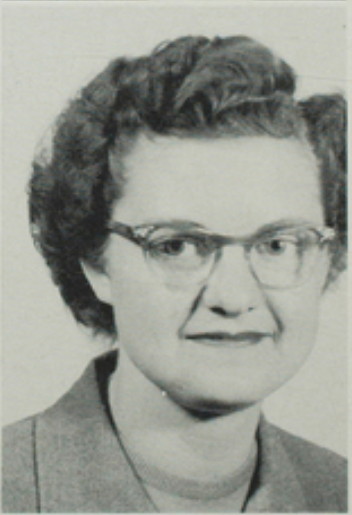
Maude Ratliff taught two years at the Bohannon School, the rural school a quarter mile from our home. She has remained a prominent persona in my life, hiding constantly in my memories, and surfacing with her presence and advice at the oddest of moments. The top picture links to information about her years teaching Bohannon Rural School, and the second links to her memorial site.
Joe Mitch was another teacher at Bohannon School. He left us and went on to an academic career at the teachers' college now known as Truman State. The drive that carried him through life was communicated to his students, and has remained with me since I met him. The first picture links to his year on the Bohannon Rural School site memorial site, and the second to his memorial site.
Joe Mitch married a student at Truman State (then North Missouri State Univeristy) named Bonnie Skinner in 1957. She was the daughter of a local school superintendent, and there may have been some scandal associated with it. No announcement was made, her parents moved away to Illinois shortly after, and the newlyweds lived in her parents home for a while. In the one newspaper mention of their marriage while Joe was alive, Bonnie's name is misspelled as "Bobbie."

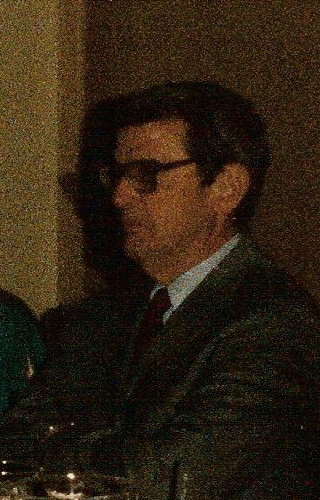
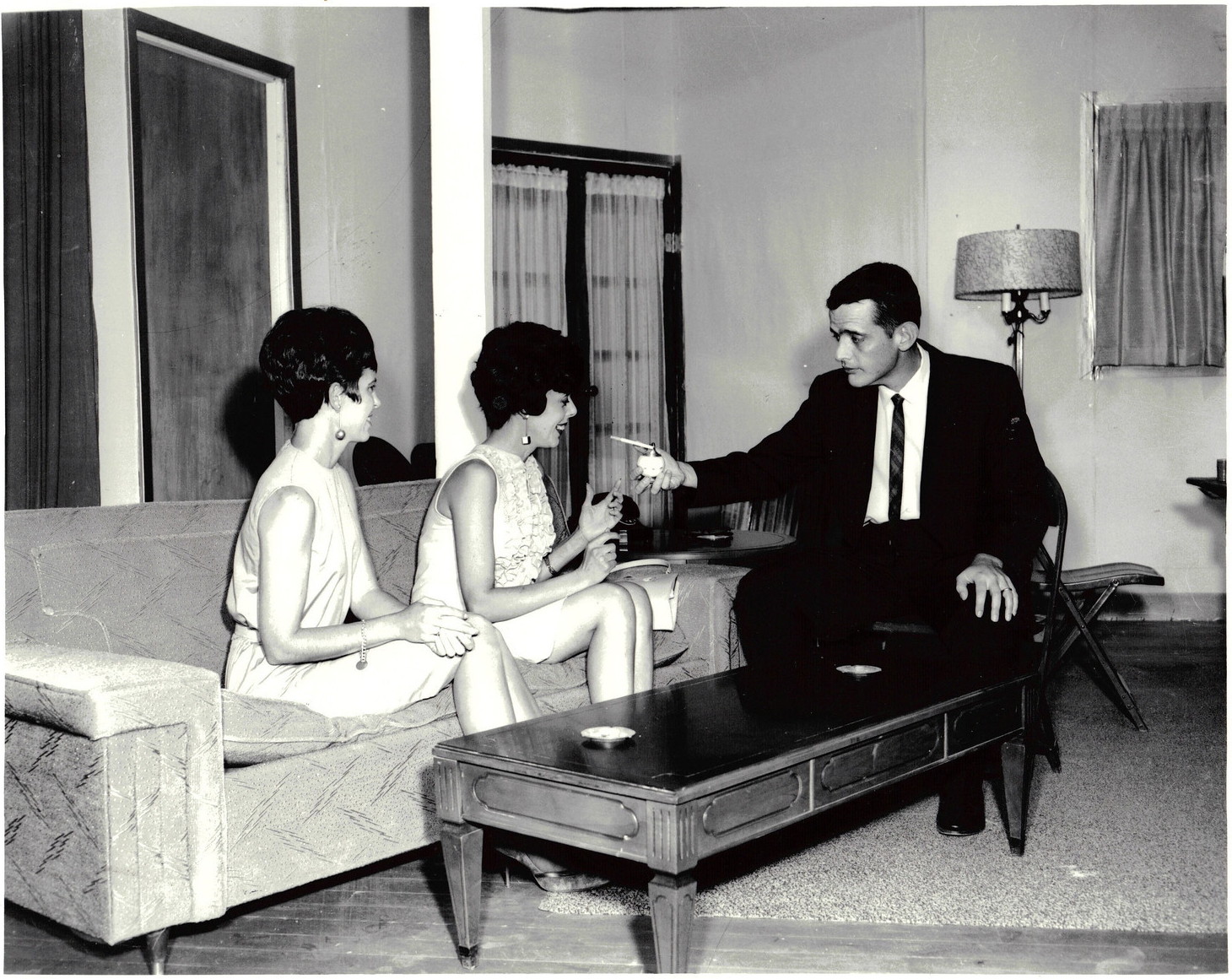
Jim Rucker, and his wife Mary Ann, until her too-soon departure, were among the best friends my parents made when they moved to Carlsbad, New Mexico in 1955. They shared an affection for amateur theater, and were early influences in development of the Little Theater in Carlsbad.
Jim was a bridge player, later a Life Master, and was amazingly tolerant of my haphazard play. None of his skill rubbed off on me, but I did appreciate his level of play, and that of his wife Mary Ann, and wondered how they did it. He loved and raised dogs, and shared my enthusiasm for jazz. I came home from college with my new record, hoping to hear it on his excellent stereo system. "Oh, Bessie!" he exclaimed. "Put her on." He also liked Pogo, the comic strip, almost as much as I did, and gave me a couple of books.
His father ran an employment agency in El Paso and got me my first job. A year later I was surprised to see Jim interviewing with my program manager to be the new Personnel Manager. I don't think he really wanted to run into me in that circumstance, but was gracious about it. He didn't get the job, which was too bad for my company. They had a succession of clinkers in that position for the next several years.
Mary Ann passed away in 1979, far before it was time, and Jim carried on with that horrific hole at his center, outwardly as witty, cheery and gregarious as ever; holding the inward pain with dignity and compassion. He was a living example of how to live a life well; how to play the hand with humanity and spirit.
He was an unforgettable inspiration throughout my parents' lives, and through much of mine. His life's example and response to difficulty has been with me since I met him. The first picture links to a memorial site.
Don Stuart was the vice principal at my Junior High School in Carlsbad, New Mexico. He and his family were our next door neighbors for a short while. He taught by example, and his example has informed me for decades, his image popping up when instinctive integrity was needed.
During the time I knew him, just a few years, I was pleased to find his reputation reinforced my own opinion of him. He was a man who meant well, did good things, practiced fairness, and had a good time doing it. Other teachers mentioned his other-than-school activities. "He's the best dancer on the faculty." They clearly looked to him for moral authority and life's example.
I knew who he was when we rented the house next door to him and his growing family. As we got settled into our new home, my task was to tackle the out-of-control growth of lawn. It was up to my knees. We had an old fashioned push-mower, and I could barely get it to budge in that tall, thick grass. Mr. Stuart, as I always called him, stuck his head over the cinder-block fence that divided our back yards. "I can get that with my mower," he said. In minutes he was in the yard with me, his gasoline mower in tow. "This will go a lot faster," he said. I stood agog as the assistant principal at my Junior High, yanked the cord, started the mower, and cut down that thicket of grass. He mowed the entire yard for me, he didn't offer to let me try his mower, and told me as he left. "It'll be easier next time." I had the presence of mind to thank him, and went in to tell my mother the amazing news.
They were good neighbors for about a year, until we bought a house nearby and moved again. I babysat for them at various times, mostly when his wife, Bobby, took his lunch to him at his summer job. Summer jobs were typical for teachers and administrators in those days.
She was as unforgettable as he was, a vivacious, talented person full of good will and encouragement. It was the era of charismatic personalities, Ike, Arnold Palmer, Kennedy, and the Stuarts were of that suit, people whose good opinion mattered.
The first picture links his obituary, and the second to his wife's.
David Denzler was my first college roommate. He was one of those happenstance influences that cross into one's life at unexpected moments, leaving important lessons to be digested and understood. The picture links to a previous discussion of that period and his influence.



John G. Kuhn, later Dr. Kuhn, was one of my freshman composition teachers. He introduced me to W. B. Yeats, and a view of the world that has left me exploring the unknown every since. The picture links to a few vital remembrances.



Lil White was my first supervisor, on my first job out of college. Like many of the people recalled on this page, I had little understanding of her importance at the time. Her image pops up and her words come to mind at the oddest of times. The picture links to a few vital remembrances.
My first boss after college was Lil White, a force in her own right, and fortunately she hasn't yet met all criteria for inclusion on this page. Harry was her boss. He was the man that interviewed me, and must have recommended hiring me. His irreverance was what struck me at the time, but other things have lingered. In the mid 1960s, during a midnight panic, more common than they should have been, he leaned back in his chair, feet on a conference room table, and uttered his most memorable line. "Someday, boys, these will be the good old days. Mark my words." They didn't seem very good at that moment, but we recognized his comment as eternal truth. All we had to do was wait.
Harry didn't always tell the absolute, objective truth. Some things he said for effect. At about the same time he told a crowd of us, all hired by him, his hiring philosphy. "I try to hire people who are a little bit dumb with a good sense of humor." We all looked around, sure we knew which was the dumb one, and glad we had a good sense of humor. You didn't get a big head working for Harry. He drifted off in the late 1960s, got married, and went in for school teaching. I expect he made a great teacher. The picture links to his memorial site.



Pete Emens was Harry Cutler's boss at my first place of employment, and he has had the most protracted presence in my life of all the management figures I met. Our paths crossed many times, and Pete has remained a postive influence. The picture links to a few vital remembrances.

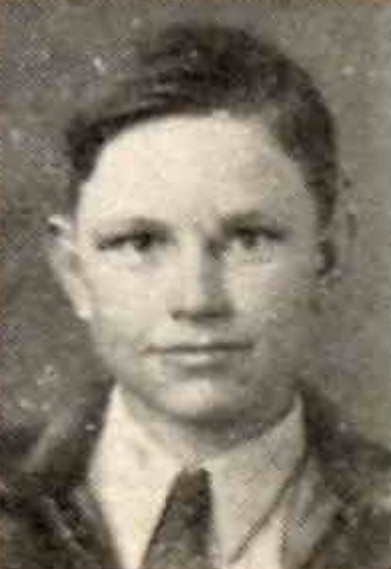
Gene Holland became my boss when I took my first management job in 1966, working for the old Telecomputing Corporationat at Holloman Air Force Base, New Mexico. He gave me my first lessons in translating vision into action, and in the importance of leadership. His guidance and example were vital to my coming to understand that management was less giving orders and more showing the way. Gene was not a master manager. He knew how, but lacked skill in executing. Fortunately he worked for an excellent manager who controlled the environment.
Our company won a new contract in Slidell, Lousiana, and Gene became its General Manger. His skills didn't transfer well, and we heard, back at Hollomon, that he was having trouble. He was replaced and left the company. Gene worked for a time in Austin, Texas, selling computing services for a time-share company out of Chicago, and evangelizing the computer revolution just then reaching critical mass.
He divorced and remarried in the early 80s, and left a very light trail until the late 90s when he reappeared in Houston, Texas.
The picture links to his masters thesis at Texas Tech in Lubbock. He was a bright guy with talents not fully realized. He was in many ways a good example, and in some ways a cautionary tale.
The end of the story is sad, a simple notice in the local newspaper. "An elderly southwest Houston woman shot her husband to death Thursday, then killed herself, police said."
He deserved a better fate, if there is a better one than to be remembered by a few as a good man who genuinely meant well, and hoped to be appreciated for it.
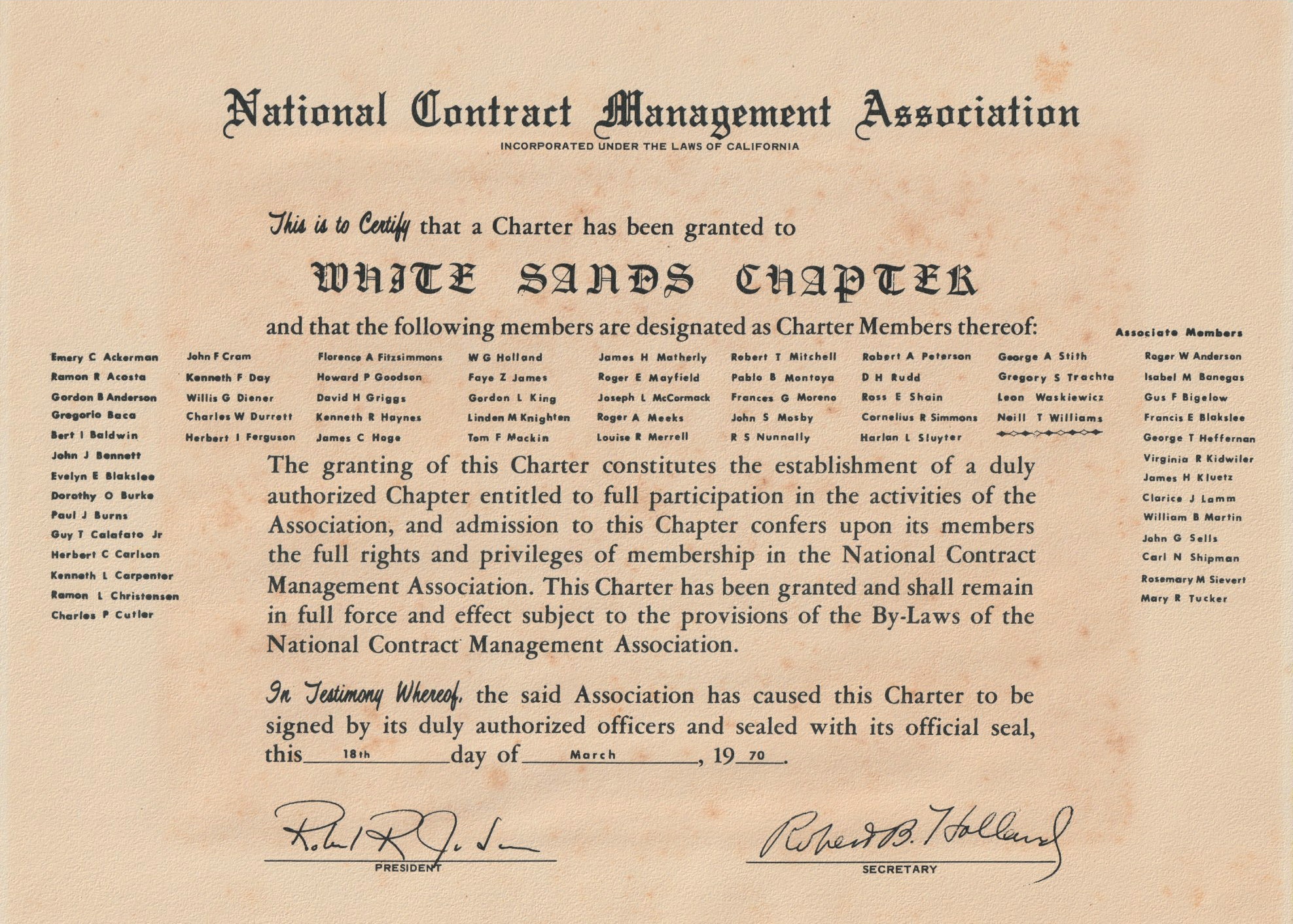
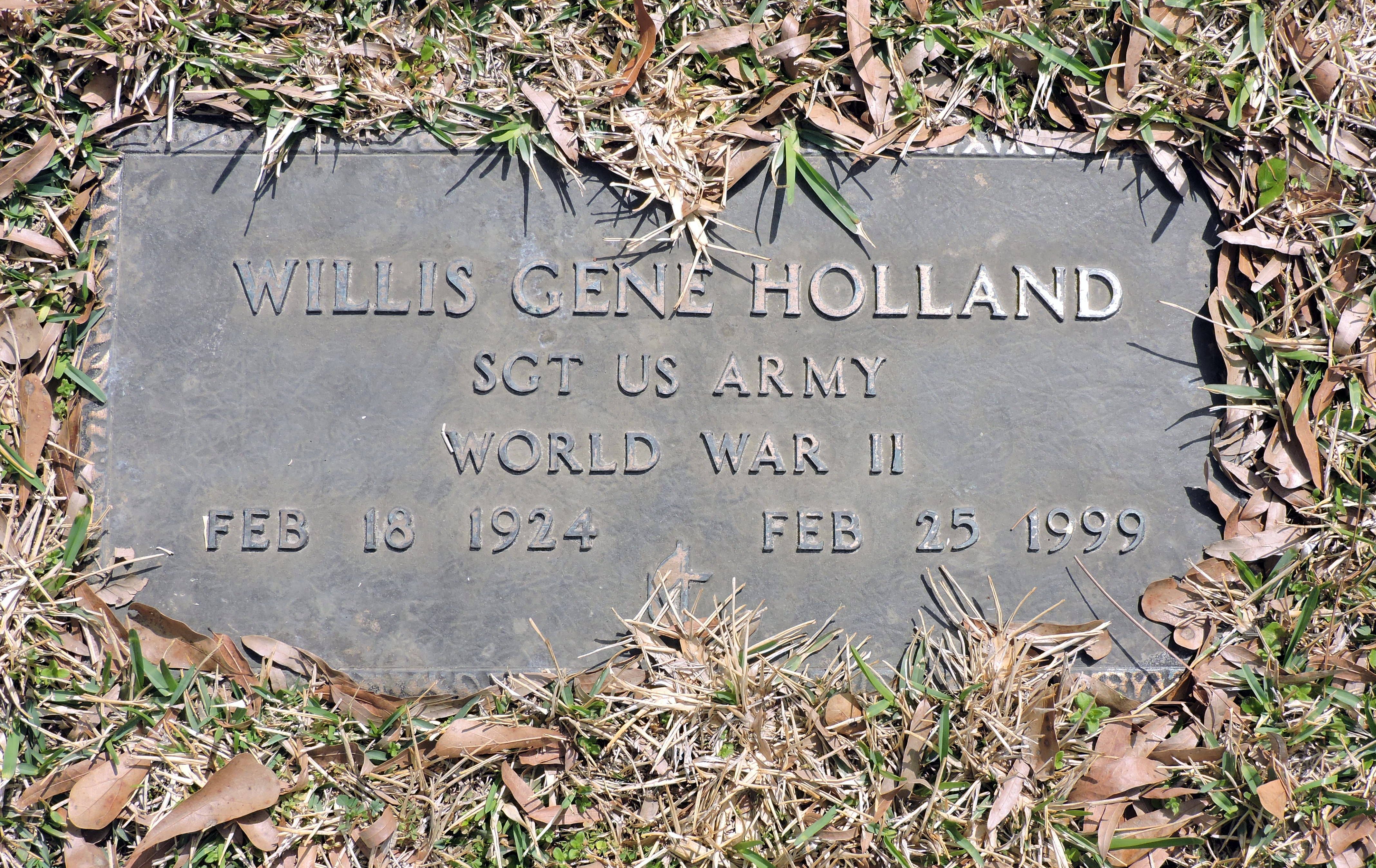

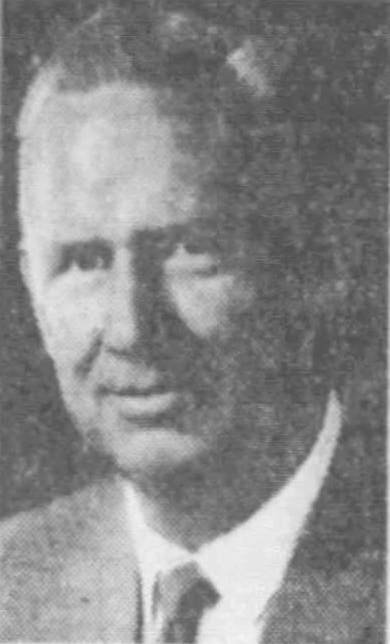
Chris Christensen was our regional manager and Gene Holland's boss. He was a charismatic figure whose good opinion was coveted by everyone: employees, customers, and strangers. He gave his team clear goals, and the freedom to achieve them. He emphasized processes and training at a time when the "Devil Theory" of management was de rigueur (find the devils that caused the problem and hang them). His example of how to force attention to his priorities informed my entire working life. I forever sought ways to improve managment skills, to get leaders to lead and managers to manage, and how to invent processes that put the organization's priorities at the top of everyone's daily routine. Chris had mastered that.
His emphasis on training, and his loyalty to his lieutenants, left him sometimes expecting high performance from people who'd been given too many extra chances. We were in a cut-throat business, government contracting, and in the late 60s his division lost most of its revenue sources to competitors. The company was acquired, and Chris retired, taking on the management of a local matress making firm in El Paso, Texas.
I last saw Chris in the early 1970s. Our contract at Holloman was being rebid, and we heard rumors our cheif commpetitor, the dreaded CSC, had approached our former manager, Gene Holland, and might be bidding him as their proposed manager. This was interpreted by our new owners as a dire threat and they hired Chris as a temporary consultant to get his input. People flew in from both coasts, and we all met at a hotel in El Paso. Chris was looking very relaxed and, I thought, uninterested, but the management team from our new owners fell immediately under his Kennedyesque spell. Once Chris pronounced Gene to be a non-problem, the meeting was over. No one worried about him anymore. We re-won the contract.
My second most significant memory of Chris was during the previous recompete of the contract. Gene and I had ventured to El Paso to get the oracle's vision. Chris was still the division manager at that time, and Gene his branch manager. Gene was worried about getting the pricing right. Chris fixed him with a stare. "Gene, when the time comes, I'll get a call. When I hear the number, we'll bid under it. Whatever it is." Gene never talked about pricing again.
The pictures link to some other remembrances.

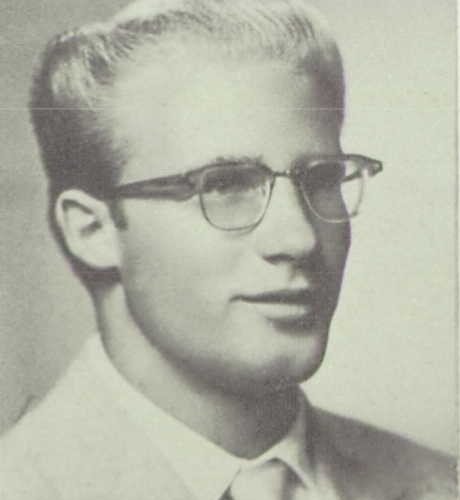
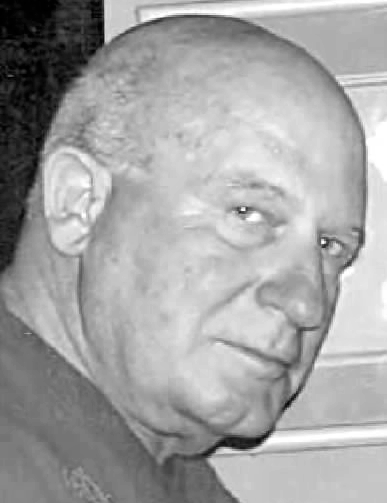
David Lancaster was a colleague at my first job at Holloman Air Force Base, New Mexico. David was a few years older than me, and vastly wiser in the ways of the world. I found his help invaluable.
David was my right hand when I first became a supervisor. He'd been considered for the job, but quickly let me know he supported me. He helped enormously by taking on the difficult tasks and filling in some holes in my own abilities. There was a fellow in my section that sorely needed firing, but I didn't have the nerve to do it. David covered for the guy's mistakes, as best he could, and encouraged me to do the right thing. When I eventually made the change, David took over his work and set it straight. "When I opened his files, bats flew out," was his way of describing it. When I became a manager, David replaced me, and continued supporting me in our new roles.
David was not a model employee. He had a lot of complaints, and spared none of my feelings in letting me know what I was doing wrong. I heard the term, "Gross mismanagement," so often, the term associates with his memory. He was more prone to trivial mistakes than anyone I've ever known, and it taught me to be careful about accepting without challenge the work of even my most trusted employees.
Once, we were certain we'd found a bug in the software used to process radar data. We struggled for almost two weeks to get the attention of the software staff, and then they told us they could find no problems. David went back over his work, even had it checked by two of our oldest, most experienced colleagues. Finally, at the prompting of my boss, the Manager of the software group came personally to David's desk to review the problem.
Almost at once he pointed toward some of David's input parameters. "Which of these is latitude and which longitude?" David, the words "gross mismanagement," forming on his lips, turned red and looked away in disgust. He corrected the error, everything worked fine, and we shared that joke the rest of our shared lives. I was never again too embarrassed to check for trivial errors, even with my best employees.
David went off to better things, and we lost touch. I learned a lot of things from him, not the least of which was how to deal with a talented, well-intentioned employee, while working around their flaws.
The picture links to a few vital remembrances.
Larry Campbell was another colleague at Hollomon Air Force Base. He started in the same job, at about the same time I did, and our careers criss-crossed for decades. His dedication, determination, and desire to do the right thing were utterly unique and inspirational. I've known no one else like him.
Larry's career path in the company kept him a few steps ahead of me through most of our careers. He became a program manager, made friends in high places, and was always the repository of sound judgment. His employees were fiercely loyal to him, because they knew he was loyal to them. He could make more out of a team of limited talents than anyone else I've ever known.
After going separate ways in the same company for fifteen years, we came back together to pursue a high-stakes gamble engineered by some clever marketing. I worked for Larry and came to understand why he was so highly valued by the company. The business opportunity was technically over his head, a fact he frankly admitted, and he had little control over the team selected to support him. But he steered us toward victory. Things were tentative for a while, but finally, he collaborated in the decision that made things right, and hired the missing link we needed to succeed. That person, Jack Munson, soon took over most of Larry's task, and eventually his job and title.
It was a sad career turn for such a decent, gallant person, and I was inspired by the way he handled it. He stayed on with the company, doing his job in a reduced role, but held himself aloof from the decision making process that resulted in Jack replacing him as manager. Larry had thrown himself into a thankless, difficult role, somewhat beyond his talents, and had done his very best. He deserved better, but it's hard to fault the business decisions that disappointed him. Eventually he left the company and finished out his career elsewhere. His example of how to deal with personal injustice was a bitter lesson to learn, but valuable, and one that informed my own performance when something similar happened to me.
The picture links to an obituary.

Leonard William "Bill" Maley was one of the transformational leaders I met in my business adventures. He slipped into my life when my employer was acquired by System Development Corporation, and became an agent of positive change in my career. Not one, but two major improvements in my employment were authored by him.
Everyone had instant rapport with Bill, even people he disliked and who disliked him. Once, during a contentious interview with a person whose life had been disrupted by Bill's courageous marketing, he stopped the conversation and observed. "I know you're upset, but believe me. Before we're done here, we're going to be friends." They didn't quite become friends, but the other party came to respect Bill, and didn't work against him, which was all that was necessary.
He had a marvelous sense of humor, starched with hard-edged opinions about almost everything. But his personal opinions remained outside the arena of his daily operations. He had friends who disagreed with him on almost everything. He could say the most outrageous things to his bosses and subordinates, and they laughed them off as Maley-isms. His sole criteria, strictly enforced in selecting allies, was competency. His strength was in neutralizing the negative traits in those of critical competencies, and teams assembled by him had amazing strength despite encompassing deeply flawed people.
Bill was a Europhile with especial affinity for the UK. He loved to travel on the continent and in Britain, and many of his go-to phrases were from the history of that region. The battle of Trafalgar, and Lord Nelson got a lot of play in his pithy observations. He always wore a lapel pin, but never called attention to it. I came to realize it was from Kingspoint, the Merchant Marine Academy. He was in the navy during the war, another fact seldom mentioned. People who knew Bill gradually came to realize he'd experienced a broad, deep range of events before he became a businessman. There was always a mystery buried within this outwardly gregarious man, and things keep popping up I never suspected. I recently learned he authored a much-referenced paper on "The System that invented itself." I haven't seen the paper but one major reference appears in the 2000 publication, "The World Wide Military Command and Control System," by David Pearson.
When I first met him, I could feel him taking my measure. A friendship developed slowly until one day I got a phone call from him. He'd won a contract in Cambridge, and his entire management team had bailed out. He wanted me to replace one of the two people whose resumes had figured most prominently in winning the contract. His call came at a moment when I'd just decided I needed to make something happen in my career.
Maley and I went to Cambridge, met the customer, and somehow he managed to make them believe I was a better choice than the man proposed. It was an illusionist's trick. My resume was distinctly inferior to that of the no longer available person, but Bill let them know I was somehow better qualified, nonetheless.
Three of us, Bill, Dan Guzowski, the program manager, and I became the implementation team for the contract. We hired all of the incumbent's personnel that we wanted to hire, and made believers of a skeptical customer. Bill met with the losing program manager and coopted his support in hiring his employees. He listened to the customer and other prospective employees and made judicious selections about which of the incumbent employees not to hire. Some were favored by the customer and Bill went into the lions den to tell them, such-and-such-must-hire, "Knows nothing and does nothing, and we don't need him."
One day, near the end of the implementation Bill, Dan and I walked through the customers' offices and someone popped into the hallway exclaiming, "Here comes the SDC implementation team. All three of them!!" It was a good-natured joke and perfectly exemplified Bill's magic. Our weakness became a strength.
Over twenty years later, as I left my old company for the first time, Bill came back into my life. He was long retired, living one of the most active retirements imaginable in Santa Fe, New Mexico, and I was trying to get a job with a company being run by some former SDC people. Bill knew them, and they respected him. Bill and I had been in frequent contact over the years, and he made two calls to his old SDC colleague, now the president of Tracor. The first call got me an interview, and the second got me hired. Twice, at critical moments, when something needed to happen in my career, Bill Maley was the catalyst. His intervention both times took me in new directions that proved personally and financially beneficial.
Bill and I were never extremely close. I visited him once in Santa Fe, to thank him for the Tracor job. We corresponded a little. But he was there, always, and like seldom-seen uncle, I depended on his example and presence when presence was needed.
Bill Maley remains one of the most inspiring people I've ever known. The picture links to a few vital remembrances.
Elijah Vaughn "Trip" Triplett was another change agent in my life. There come those moments when something must be made to happen, and Trip was there at the instigating end of two of my most crucial changes. He might have been the best operational manager I ever worked for.
I first became aware of Trip early in my first job at Holloman AFB. The company, the old Telecomputing Services Inc., lost a contract at Fort Huachuca, Arizona. He'd been our manager there, and he took a job with the winning company, prompting some grousing about his loyalty. A few years later he was rehired to head up a new contract at Goddard Space Flight Center, Maryland. That's when I started hearing the assessment that Trip was the best program manager we had.
I met him for the first time on a visit to Goddard for another line of business, a land-use study for the state of New Mexico. I was eager to see this storied manager in action, and sat through his weekly staff meeting. It was eye-opening. I'd never seen such an efficient use of time in a large meeting. His ability to effect the important team communication while stifling the extraneous pontificating and grandstanding that mar most such efforts was like watching a twelve-in-hand teamster direct the efforts of six teams of mules.
Later, at one of those critical career moments when I needed to make something happen, Trip called me about a job at Slidell, Louisiana, where he'd just become the program manager, trying to salvage a poorly run contract. He convinced me to take a job outside direct management, as a member of the planning staff. They needed someone to develop a performance model for their new Univac 1108 computers. Their expert had quit, and they needed someone to complete his task, a line item in the contract they'd been awarded.
Trip, I quickly realized, was a different kind of manager. He gave the appearance of not quite understanding what was going on. He seemed to be throwing himself at the mercy of his management team. He gave general direction, the leader's vision, and expected them to proceed as needed. Then, he backed his team, arguing their case with the customer as needed. No one wanted to let him down. A prominent member of the customer's staff once remarked of him, "Trip doesn't do a damn thing, and he's the best manager I've ever seen."
When I looked into the so-called model under development by my predecessor, I was terrified to find it was an empty box. He'd written a few pages of Fortran code that purported to predict the capacity of the computers. Buried in the code was an algebraic formula that rested on a tautology. The thing it purportedly calculated was fed in as a heavily disguised input variable. Whether this was incompetence or subterfuge I never knew. I quietly set his code aside and built a new model, based on queuing theory, that enjoyed a few years of prominence in NASA circles until superseded by people who understood what they were doing.
Nearly a decade later Trip had moved on to other things, and called me with a new problem. He'd taken over a line of business that included a contract to process Medicare claims. It had been negotiated by his boss and was in serious non-performance problems. I transferred to the California headquarters and started trying to fix the mess, and quickly learned the software acquired to process the claims didn't work. Also, the financials didn't work. Regardless of how much we improved the software, we would always lose a few cents on each claim we processed. Trip supported me as we found a way to control the losses. About that time, the company acquired a new president, and Trip's boss, along with his management team, fell into disfavor. It was not a successful business venture for me, but it was a good career move. I made friends, and gained the confidence of the new management team, and went on to other things. I also learned a lot about performing amidst extreme adversity.
My last encounter with Trip was a year later, when my new boss, Jack Munson, told me Trip was looking for a job. "Can you use him?" I was asked. It was a horrible circumstance. Trip paid a ritualistic visit to Houston. We met. He calmly let me know he didn't see anything for himself, and I was spared telling my boss not to hire him. My disappointment at not being able to help the man who'd helped me twice was profound, but softened by his personal dignity.
Only later, after he passed away, did I come to realize Trip had married a woman from my hometown, Carlsbad, New Mexico, and in fact was a graduate of my alma mater, New Mexico State University. He had a degree in engineering, and was no one's dummy. There is no doubt his success as a manager was in being able to direct technical work without giving the appearance of competing with his technical experts. But, I'm convinced, he always knew what was going on, and directed events with well placed questions.
The knock on Trip was that he couldn't win new business. "Trip never won anything," people said. And it was true. But when it came to running an operation, no matter the technical requirements, there was no one better.
Harry Smith shared a cubicle with me at the Slidell Computer Center in Slidell Lousiana. His job duties were as a planner, but his time was spent story telling, and philosophizing. He was utterly unique, unpredicatable, highly intelligent, and dead competent. He didn't seem to give a damn, but he did. The picture links to another part of this web site, where his story is told more completely.
Russ Vollertsen is another person on this page with whom I spent little time, but received more important guidance than I realized for decades. I spent years trying to imitate his management example without recognizing him as the mentor. The picture links to a remembrance evidently written by his children. That in itself speaks to the man's amazing depth. I was fortunate to know him.

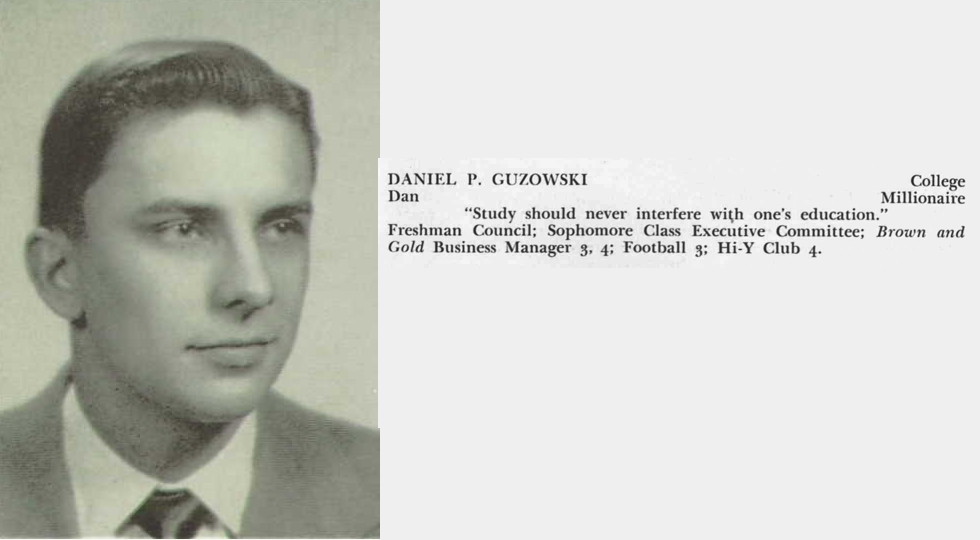
Dan Guzowski was my boss at the Transportation Systems Center in Cambridge, Massachusetts. He was the mainstay of Bill Maley's implementation team at Cambridge, and another person who showed me how to be a better manager,and person, without me realizing I was learning anything. After I moved on to other things, I realized how important he'd been to me. Below is his obituary.
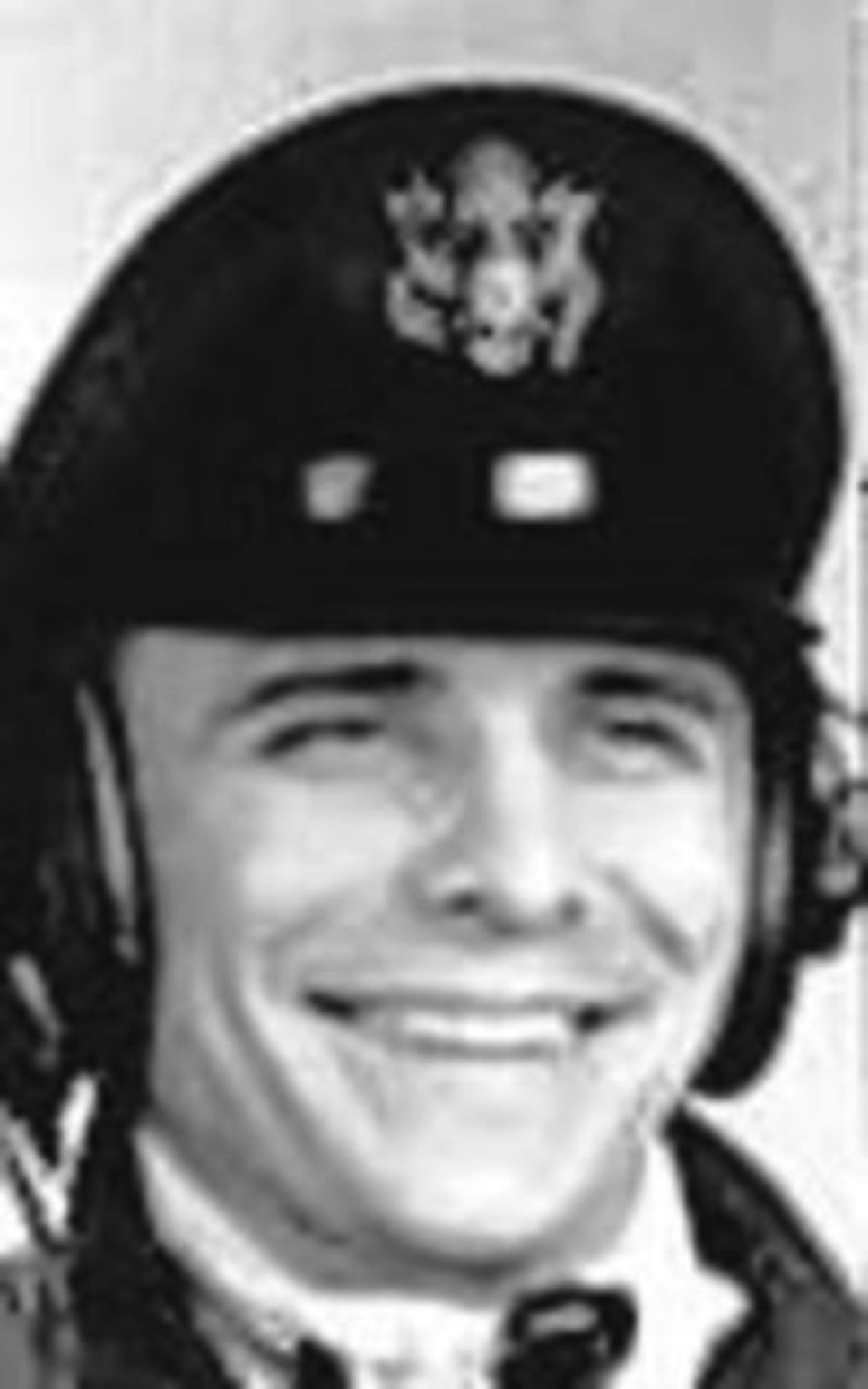
Daniel P. Guzowski
ANDOVER — Daniel P. Guzowski, 76, of Andover, died Wednesday, April 29, 2009 at Newton-Wellesley Hospital following a long illness.
Dan was born and raised in Haverhill. He graduated from the University of New Hampshire with a Bachelor's in Business. Following college he joined the United States Air Force where he was a jet pilot during his service and a reservist for many years after. Dan worked for System Development Corporation, most recently known as Unisys in Cambridge for over 35 years until his retirement. In his free time Dan enjoyed golf, tennis, he was an avid reader and enjoyed traveling. His greatest joy was his family, especially his two girls and his grandchildren. Dan had a wonderful sense of humor and was dedicated to his family. He will truly be missed by all that knew him.
Dan is predeceased by his siblings, Robert, Richard and Eileen. He leaves his loving wife, Margo (Curran) Guzowski of Andover, his two daughters, Danielle C. Volpe and her husband Greg of Newton Highlands, and Michelle A. Litavis and her husband Richard of Hopkinton, four grandchildren, Annica Litavis, Ricky Litavis, Paxton Volpe and Sara Volpe, and several nieces, nephews and cousins.
ARRANGEMENTS: A memorial funeral Mass in Dan's honor will be held on Monday May 4 at 11 a.m. at St. Theresa's Church, 63 Winter St., North Reading. Burial of Ashes will be private at a later date. Donations in lieu of flowers may be made to the Arthritis Foundation, P.O. Box 96280, Washington, DC 20077. Arrangements are by the Charles F. Dewhirst Andover Funeral Home.
Jack Munson was a software engineering pioneer, and one of the most talented men I ever worked with. In the old System Development Corporation (SDC) he was known as a software guru and straight shooter. He was also a superlative manager, inspirational leader, reliable friend, and trustworthy human being. Like Bill Maley, he could tell people things they didn't want to hear, and make them feel privileged for the experience.
I first met Jack, a ricochet acquaintance, when I was working at the company's Camarillo, California headquarters, trying to salvage a line of business processing Medicare claims. Jack was asked to give me some advice, but before he could get involved he left to start his own business, and our Medicare line of business imploded.
Jack's career at SDC is pretty well described in the book, "System Builders," by the company's spokesperson, Claude Baum. It's out of print, but copies are available (here). He helped pioneer software engineering as a repeatable discipline, and, unlike many of the field's popular thinkers, tested his theories in practice. He founded and operated the SDC Software Factory, by some lights a failed venture, but in the annals of software development, a seminal undertaking.
My opportunity to work with him came when he joined our (SDC's) effort in Houston to maintain the software used at Johnson Space Center to support Space Shuttle flights. It was a huge, diverse, and evolving mish mash of computer programs, most of it coded long before by people no longer involved. The software enabled the training and testing simulators, the design of shuttle flight trajectories, the operation of Mission Control, and the myriad other mission-critical tasks needed prior to, and during each flight. The software was fragile (i.e. easily broken), undocumented, and repetitious (i.e. the same or similar functions repeated with slightly different implementations in many different individual programs). It required extensive change, both mission specific and generic, before each flight.
Before Jack joined us we struggled to convince the customer their mission critical software would be safe in our hands. Several NASA managers advised me that getting it under disciplined control was impossible. After Jack arrived we suddenly had a plan for finding, taming, and controlling the Space Shuttle software. One remarkable aspect of this plan was that Jack led me to believe I had developed it. I came to realize that, while I did develop the plan, the strategy for going about it was his, and he imparted it to me without me realizing. Remove Jack from the task, and we'd have failed. His greatest asset though, even more useful than his ability to get subordinates to perform above their skill level, was in selling our effort to the customer. Jack was supremely competent, and therefore confident. The customer loved him, trusted him to lead them straight, and he never let them down. I learned how to manage, how to lead, and how to develop software in the years I worked with Jack. I went into our relationship as one person, and came out another.
Jack's pioneer status in software engineering is widely recognized in the industry's history. Jack published an article on software maintainability for the IEEE journal in 1981(available here). MIT's Alfred P. Sloan School of Management published a case study of his software factory (available here). There is an entry for Jack's software factory in the MIT Encyclopedia of Software Engineering (available here). Jack delivered a paper at a symposium of the Research Institute for Computing and Information Systems describing our methods of quality and productivity management for the shuttle software (available here).
I parted company with Jack because of his health problems. He retired to California. We missed him greatly as a friend, but even more significantly as a leader. He finally left for the Elysian Shores in 2008, eight years ago as of this writing, but I keep discovering him in my thoughts and habits.

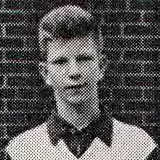
I met Ed Sandusky a few years before he passed away. He and Don Kirsner, another long-time SDC employee, came to Houston to help out with the Space Shuttle software contract. His reputation in System Development Corporation was as a results man who didn't suffer fools. He learned quickly and drew prescient conclusions. He wasn't a people person, and excelled in telling prevaricators he wasn't buying whatever they were selling. He was an excellent communicator.
He was our go-to guy when something tricky, and critical needed doing. He didn't enjoy management, but he was good at it. His sense of humor was quirky, sometimes acidic, always buoyant.
Ed, like Harry Smith, was a kindred spirit. I loved talking with him about almost anything, and he could talk about everything. He was bright, a UCLA grad in physics, and delighted in telling me things he figured I probably didn't know. Sometimes I didn't, but I always enjoyed hearing his slant. He never failed to approach from a new angle.
I think Ed probably developed stories everywhere he went, and several grew up around him during his short stay at Johnson Space Center. Once when he recalled one of those idiocies that arise in all bureaucracies, I recited that ersatz Mark Twain quote: "Never try to teach a pig to sing. It's a waste of your time, and it annoys the pig." He loved it, and made it his, but the authentic Sanduskyism that encapsulates much of who he was described the unexpectedly good outcome of a catastrophic event. "Sometimes, God throws one in for free."
My favorite Ed story though is one we shared alone. He came into my office one Monday morning, as he often did, and started, as he often did, with, "I know you're a busy man, but spare me a minute because I think you'll like this." He'd just bought a new home, and had gotten a fancy lawn mower, maybe it was a riding mower. It needed some assembly, and he broke a little rubber belt while putting it together. I never quite got how that happened. He went back to Home Depot, and found that particular part was not available. He argued with them a bit, but remembered his Twain witticism, and finally went home with a second, identical lawn mower. He extracted the belt and finished assembling his first mower, and then began wondering how to avoid embarrassing questions about owning two identical, brand new, expensive machines.
He found a sensible solution. He didn't want to throw it away, and, equally, didn't want to admit to his wife, or anyone else, what a fool predicament he'd gotten into. He hid the second mower up in the attic of his garage. I was touched he felt comfortable telling me the story, but he knew I would understand his motive, which I did, and we both got a good laugh out of it. "Some day," he said, "someone will look up in that attic and wonder what in Hell crazy Ed was doing with a second lawn mower up there." It was a good story, but the punch line came a year later.
I got a call late one night that Ed had passed away in New Orleans. He had a progressive cardiac condition and he'd told me that some day he was just going to keel over. He did.
His old friend Don Kirsner was his closest neighbor, and helped Ed's widow with various tasks. Don came into my office shortly after and said, "You won't believe this. I was clearing out Ed's garage this weekend, and looked up in the attic." I knew what was coming. Don told me in lengthy and sober detail about his incredible discovery and ended with, "It was identical to the one he was using, and he never took it out of the box. Carroll knew nothing about. What in the world?"
I almost blurted out the answer, but held back at the last minute when I heard a trademark chuckle. Ed had a great sense of humor.
Franz Schubert : The Trout (Die Forelle)